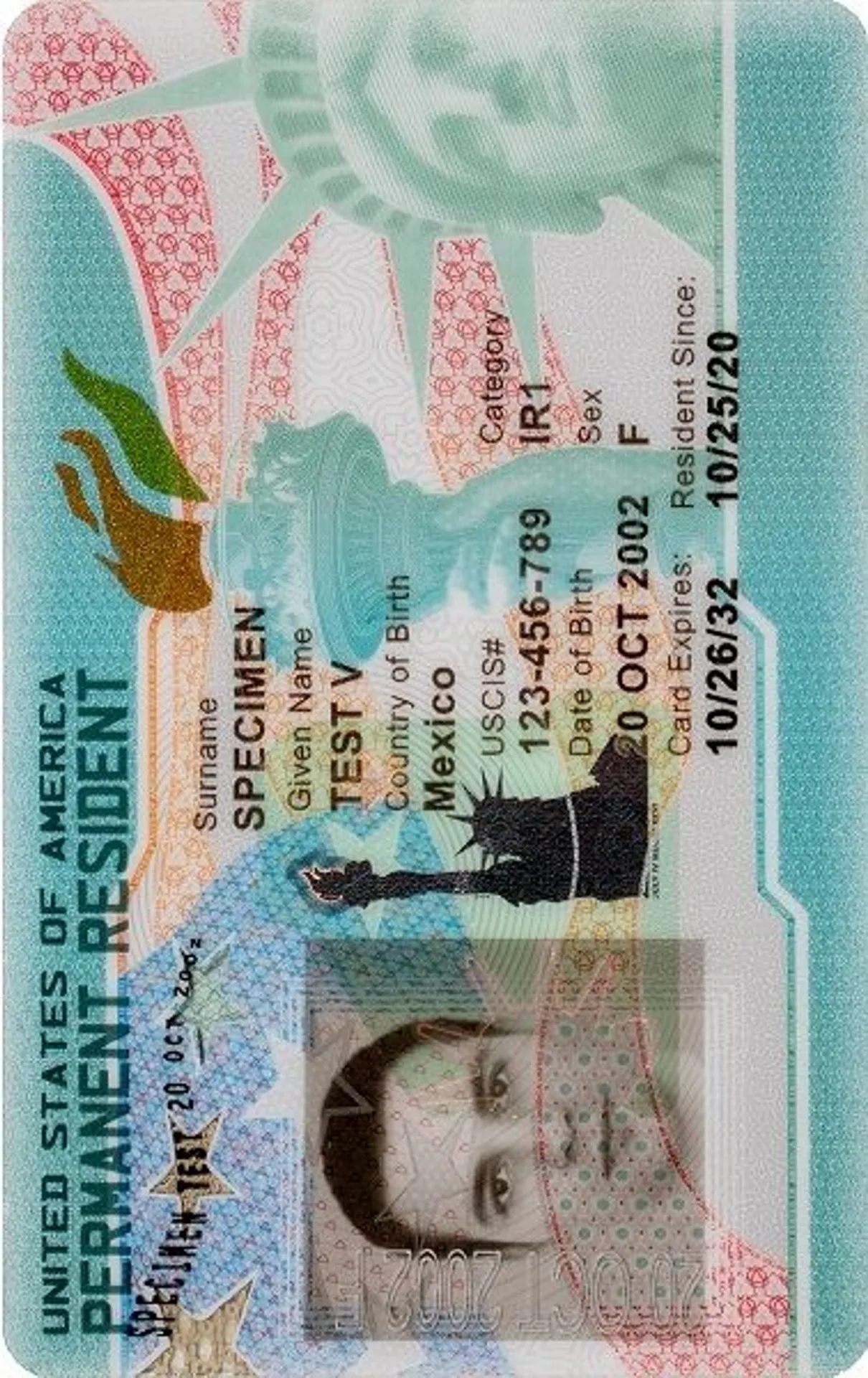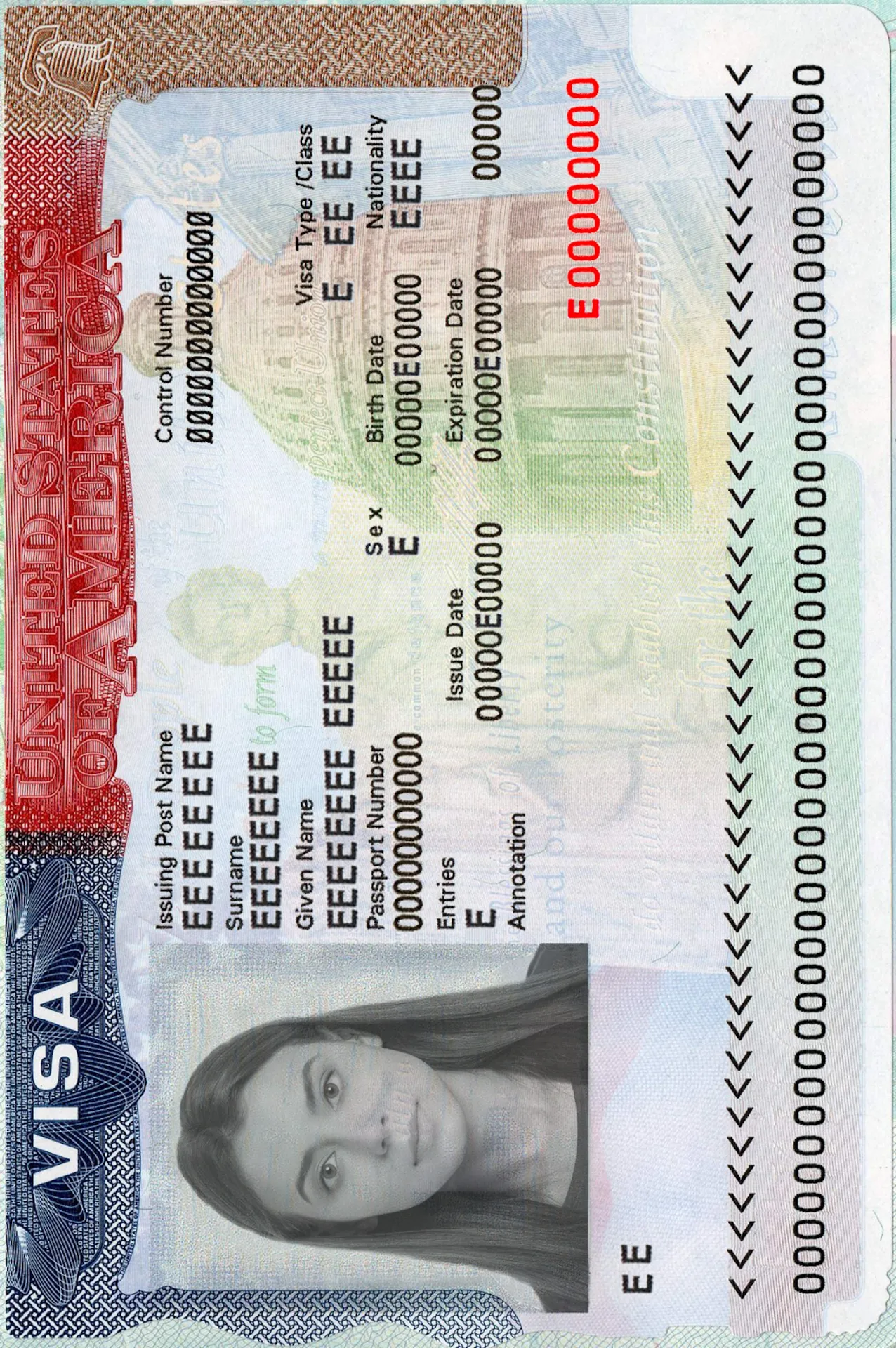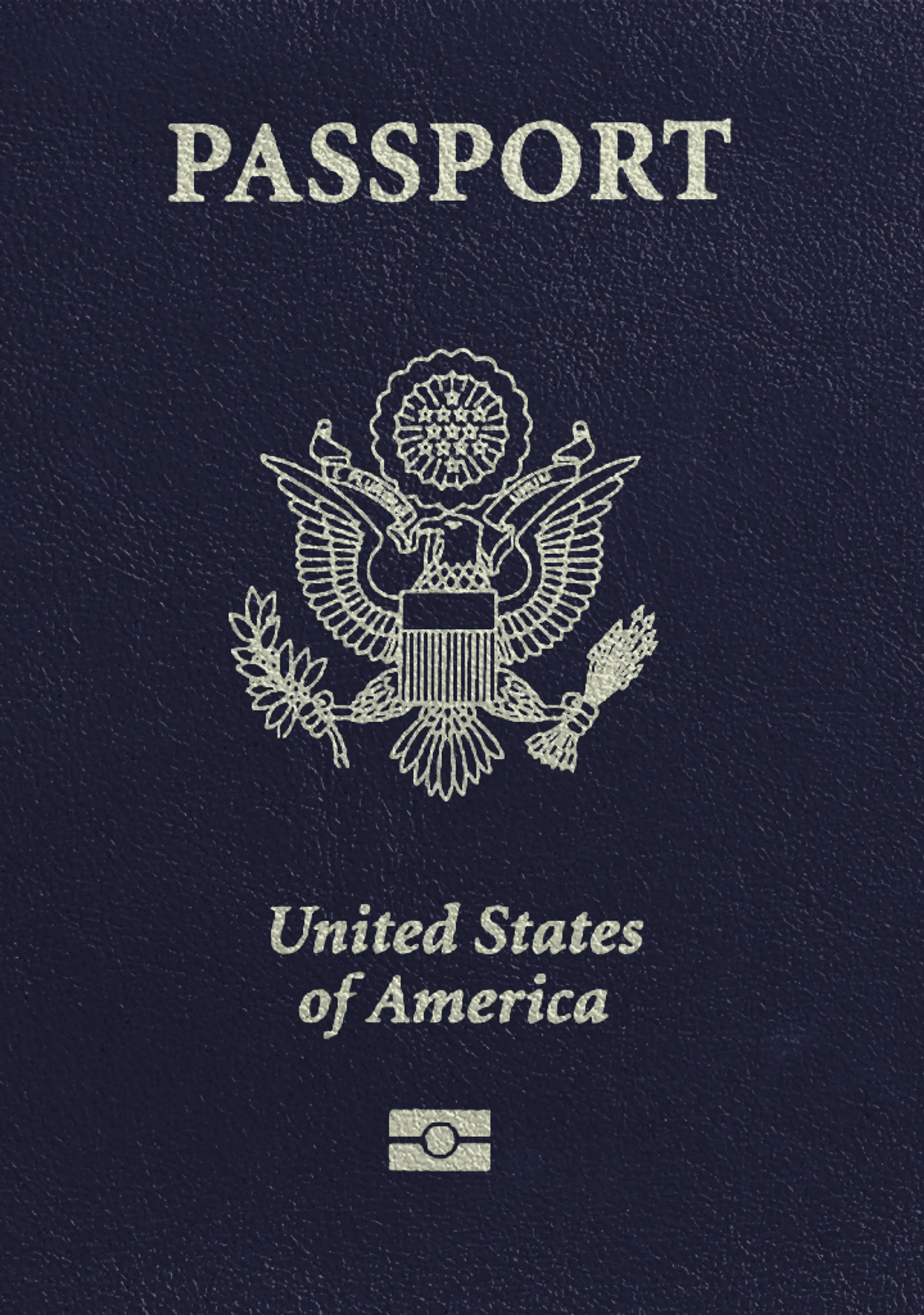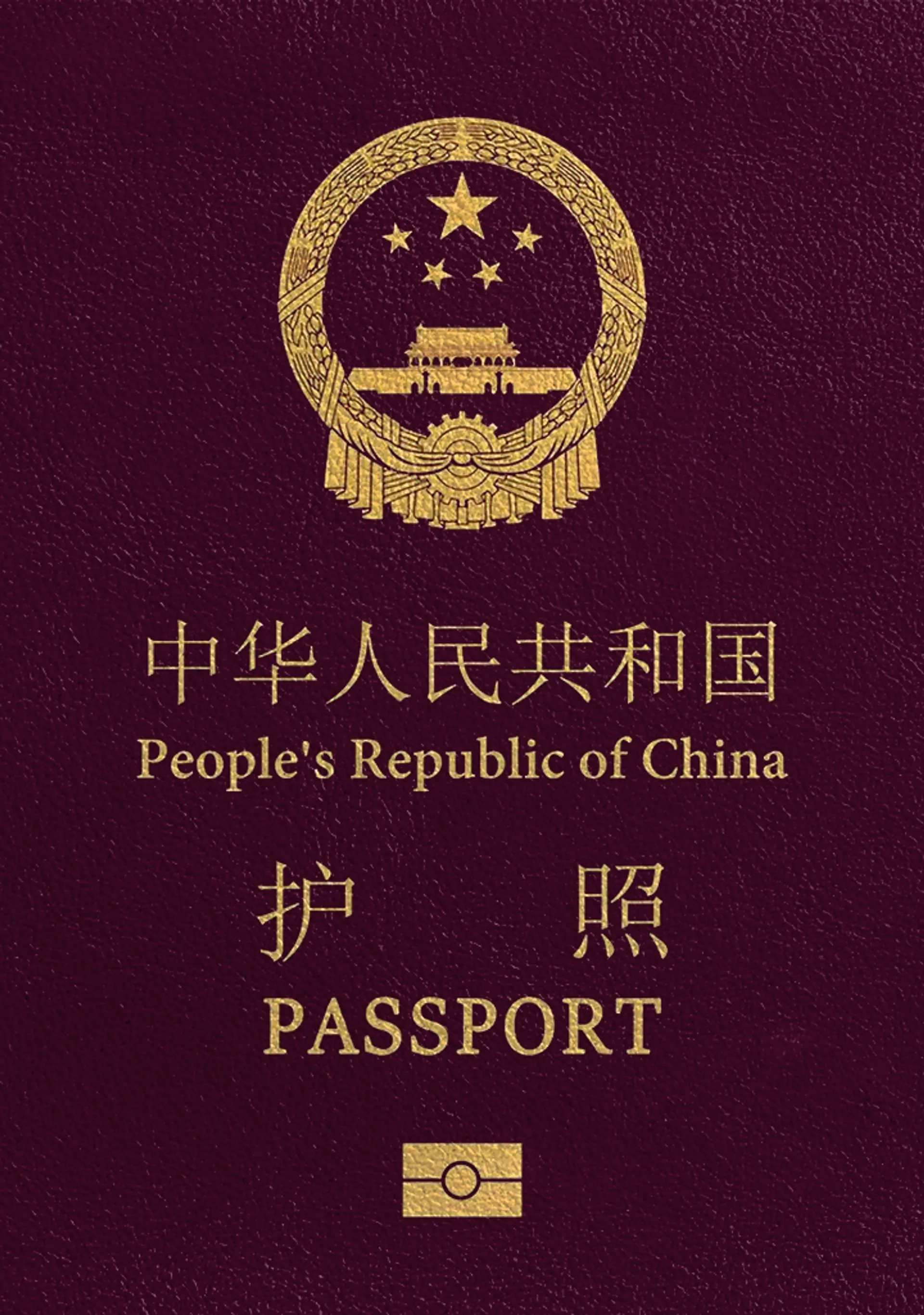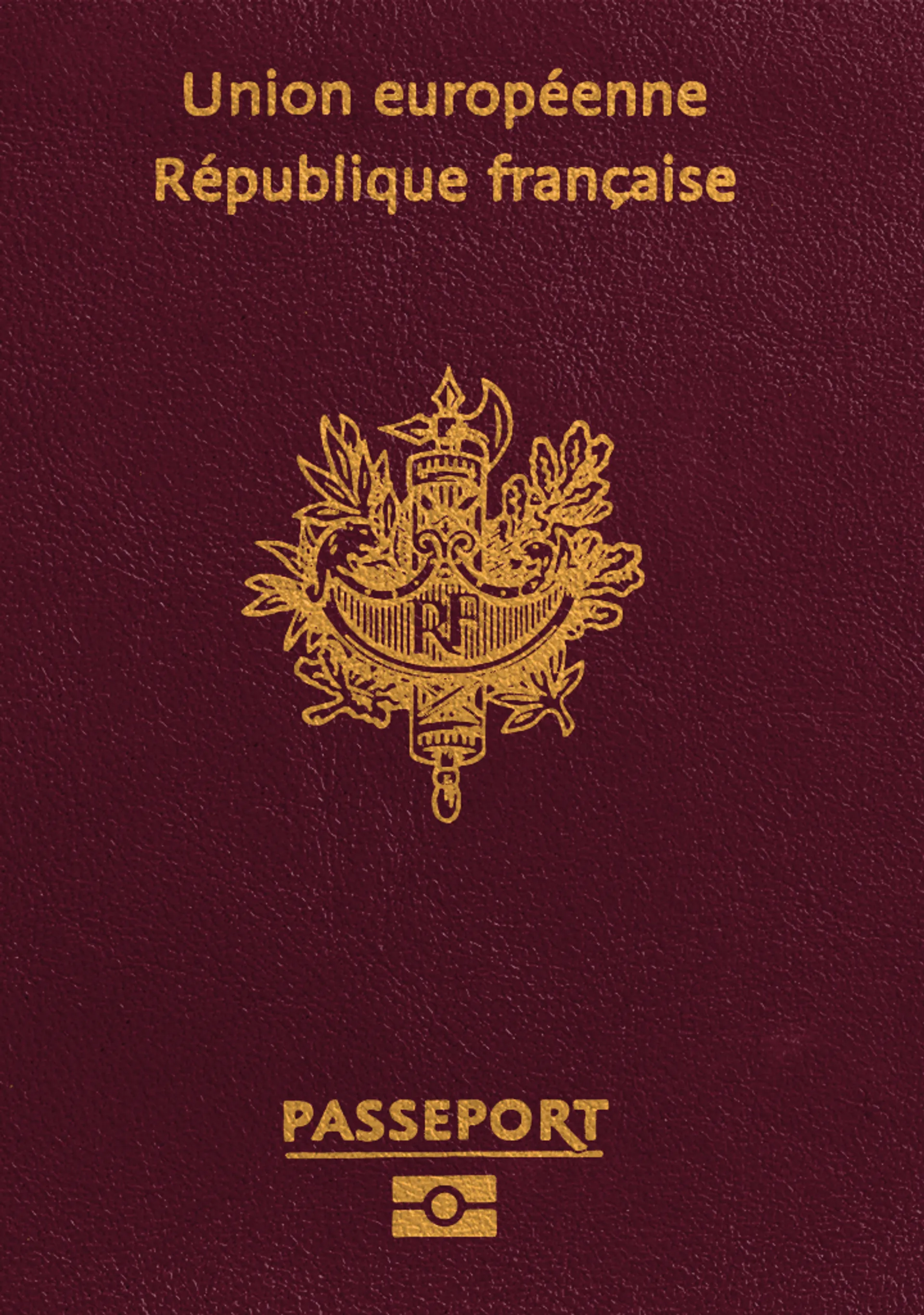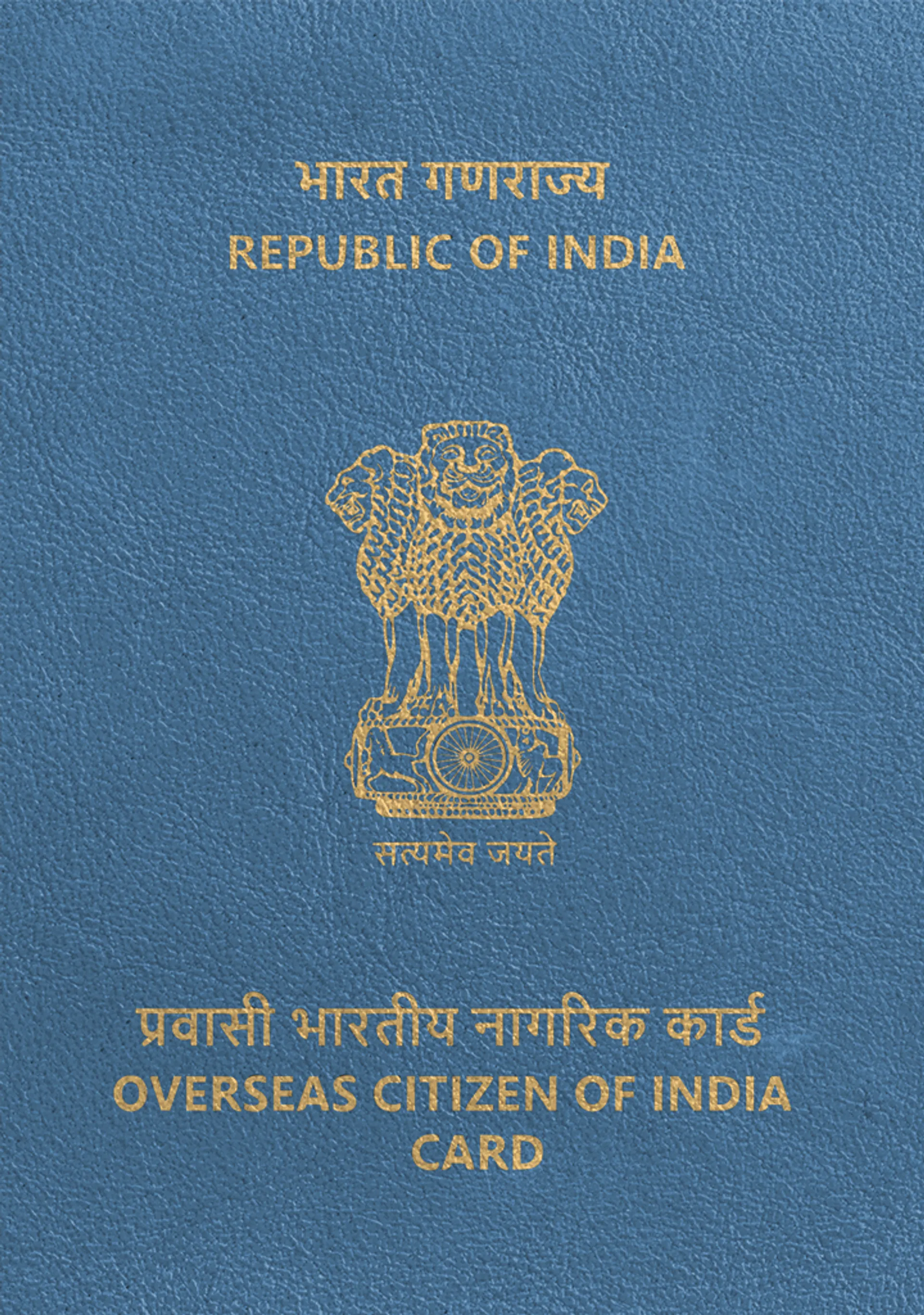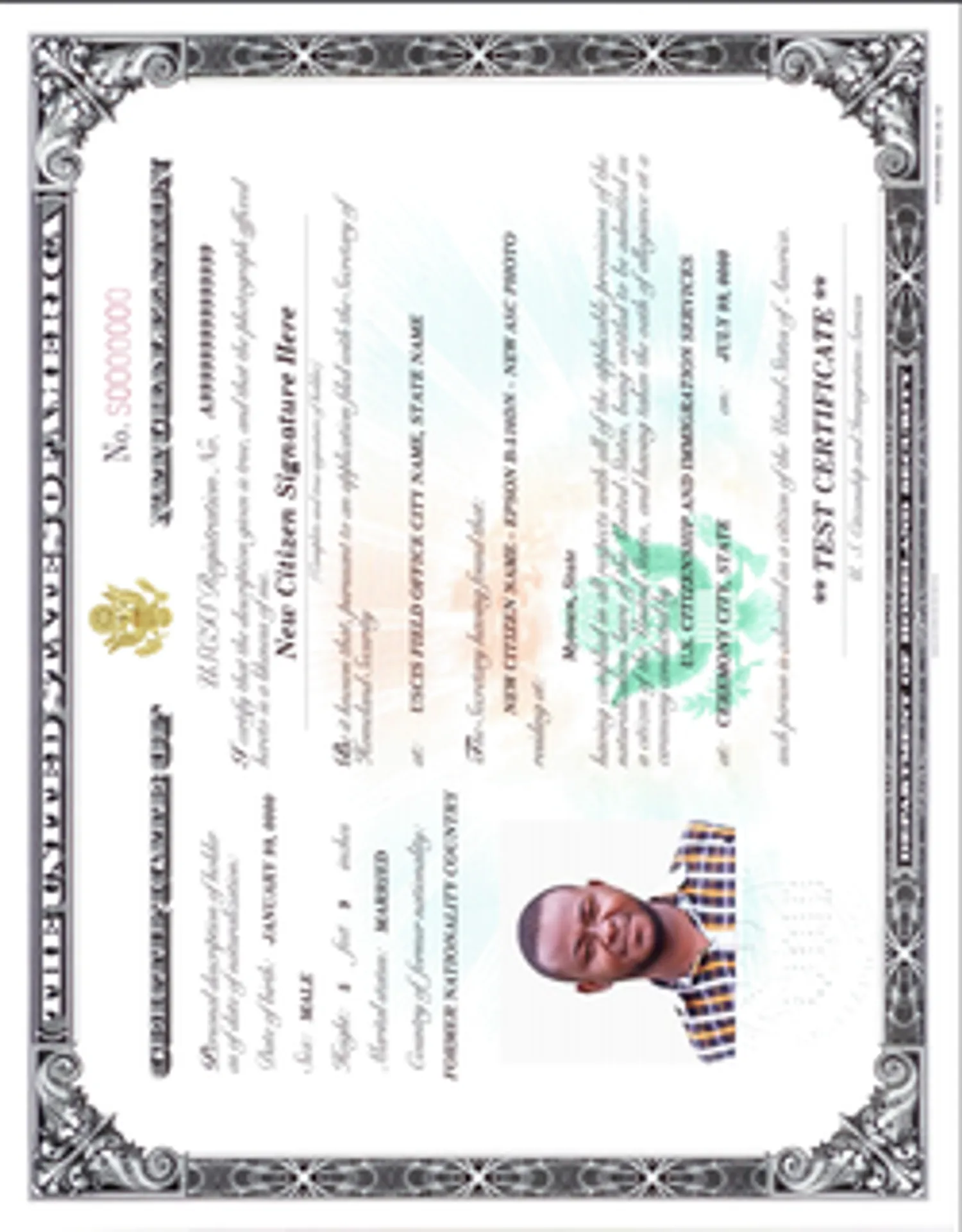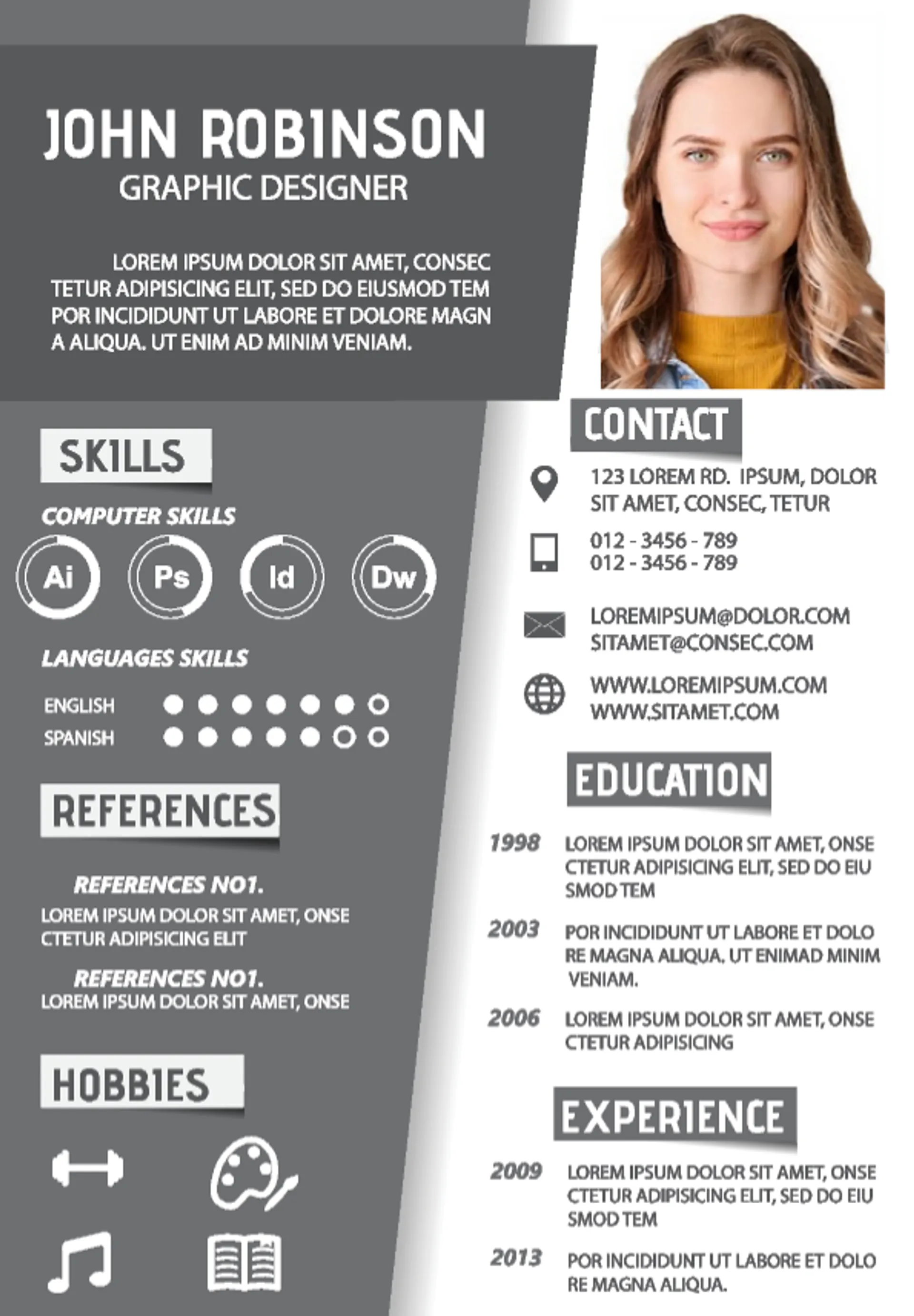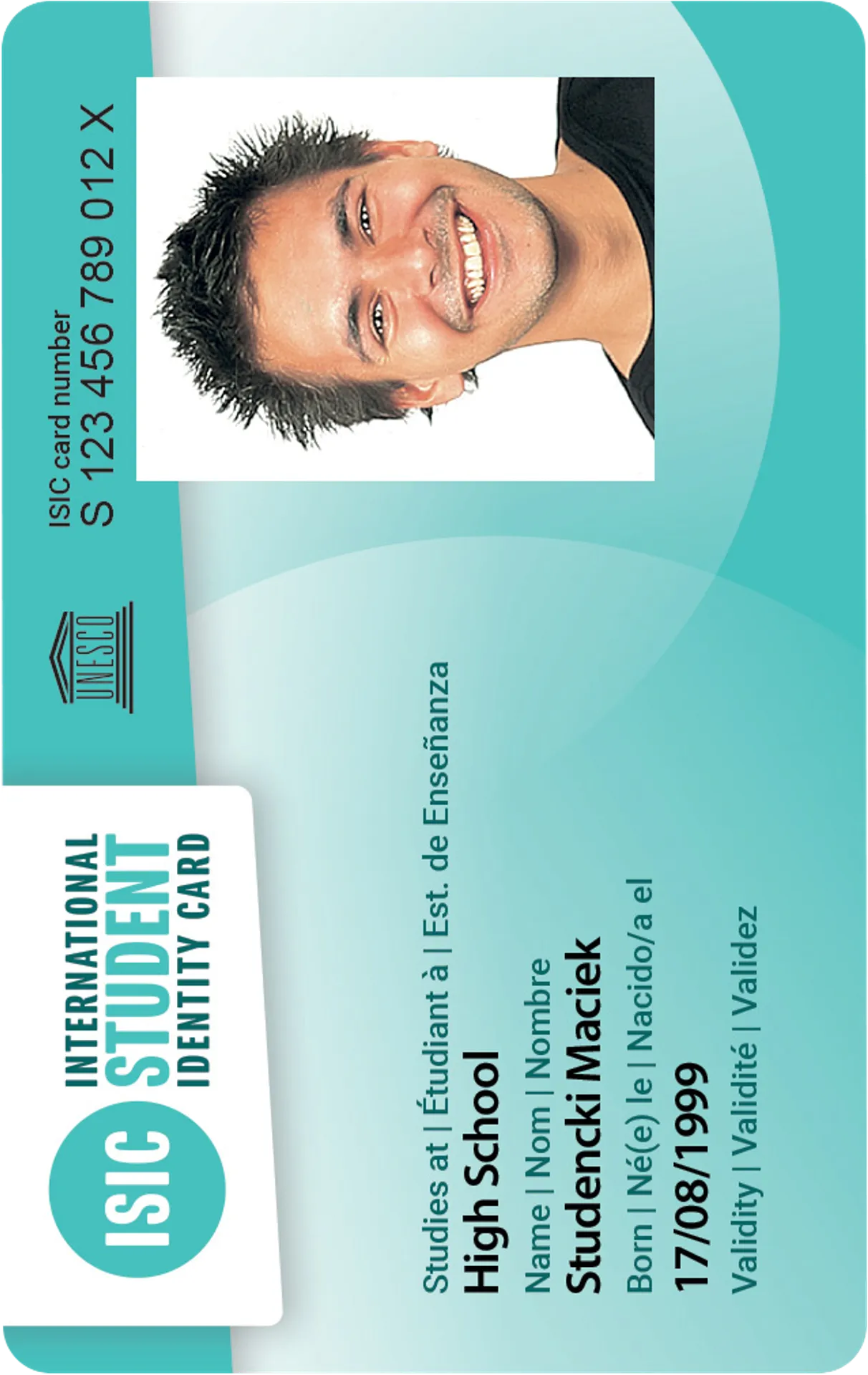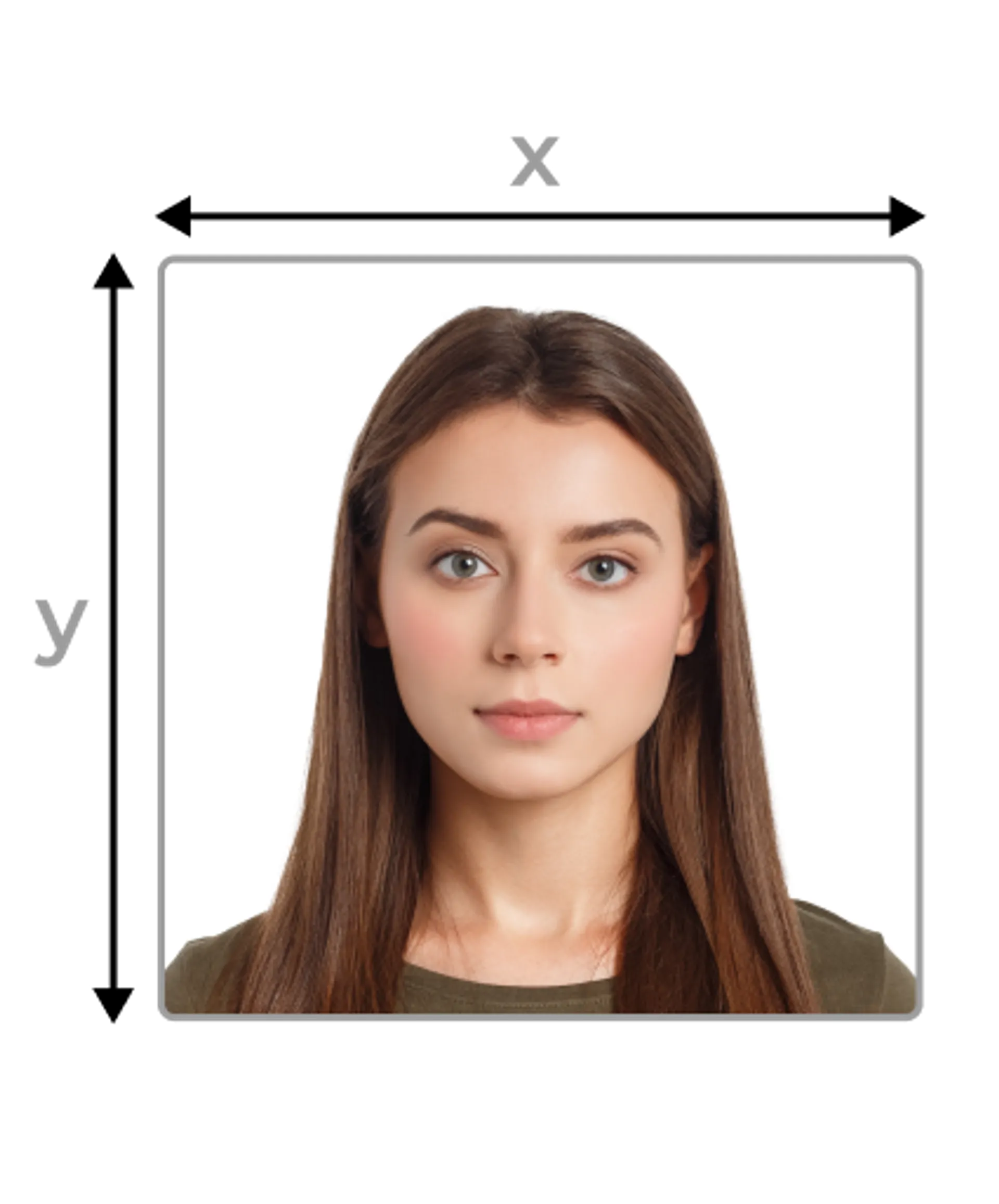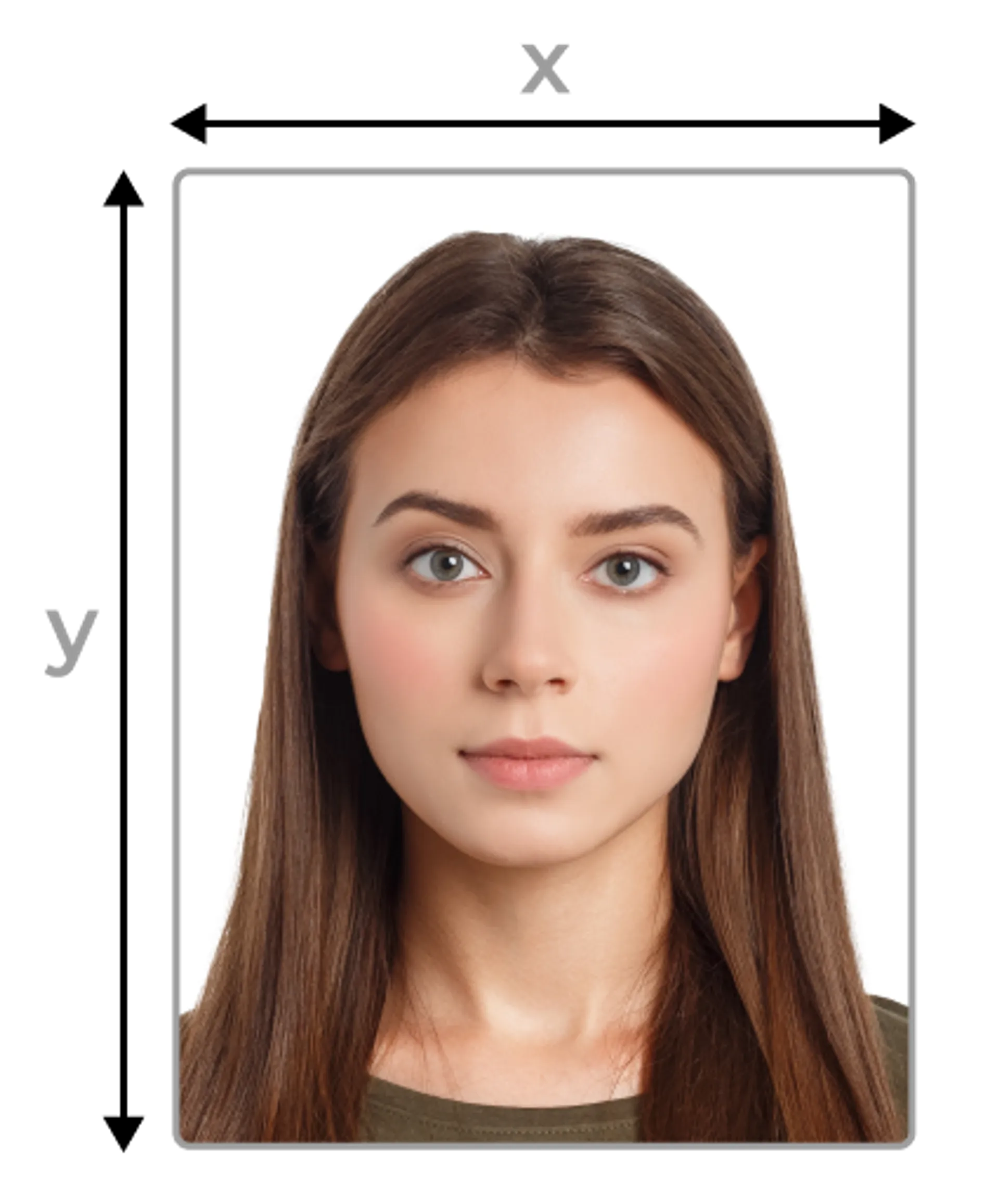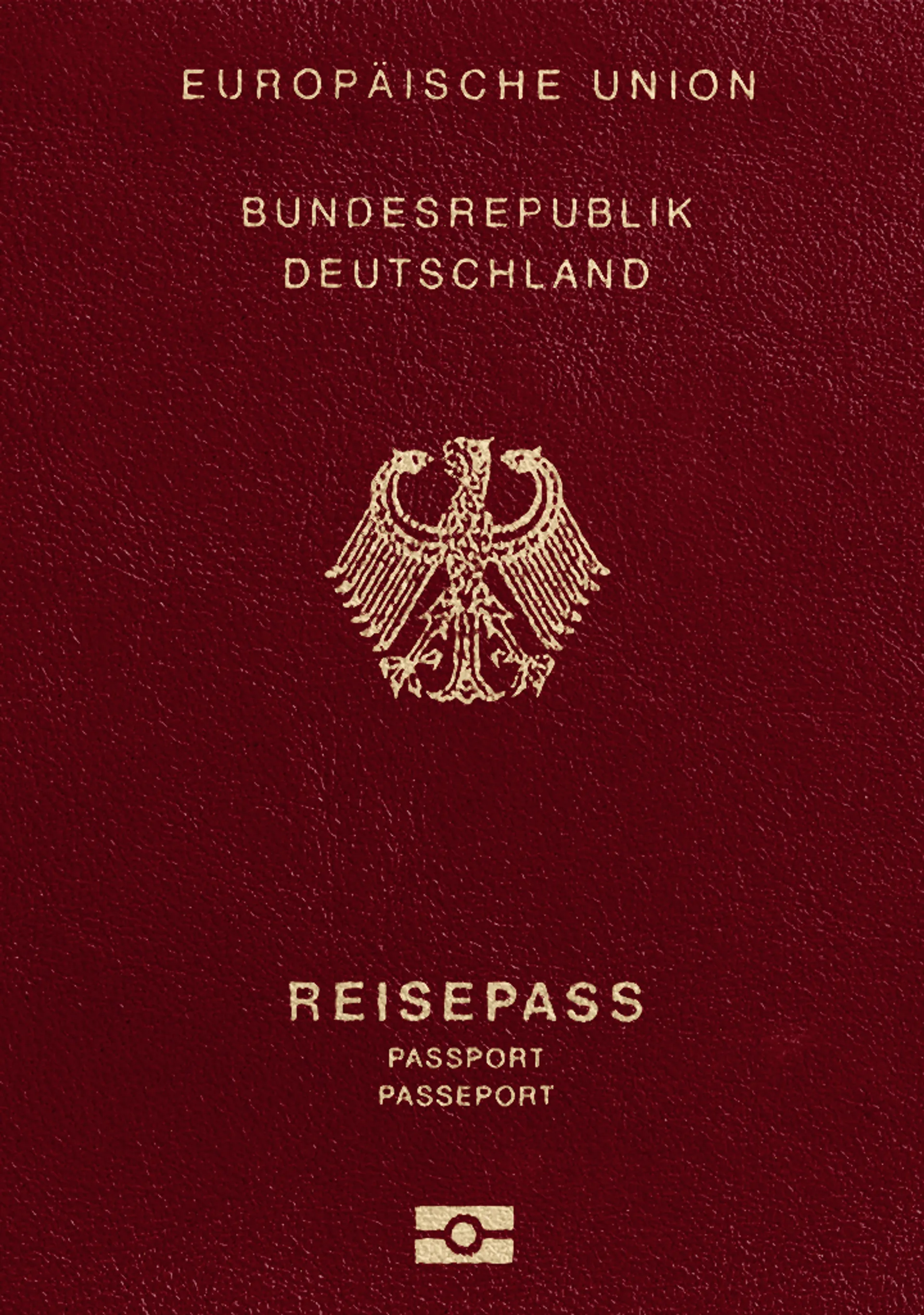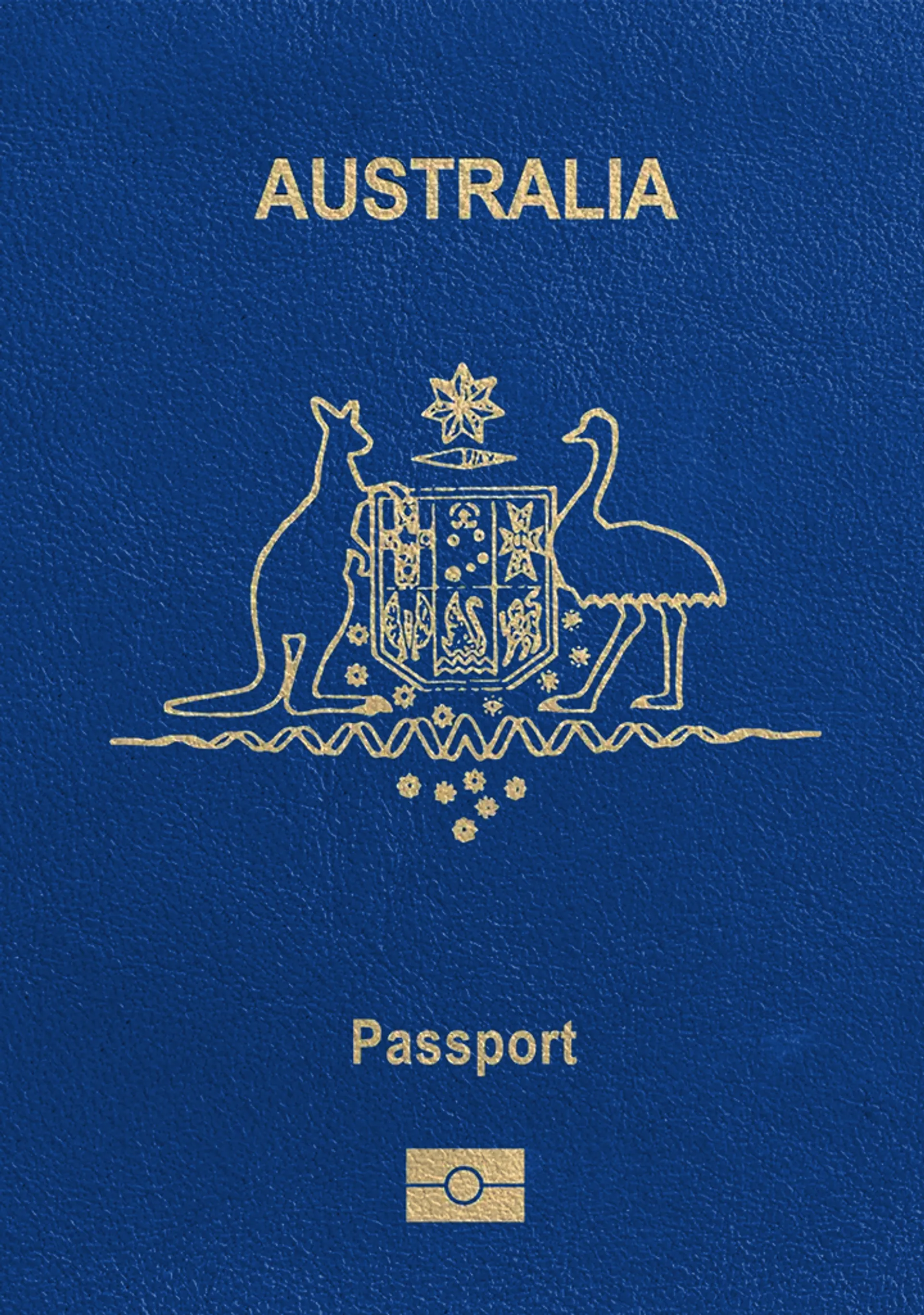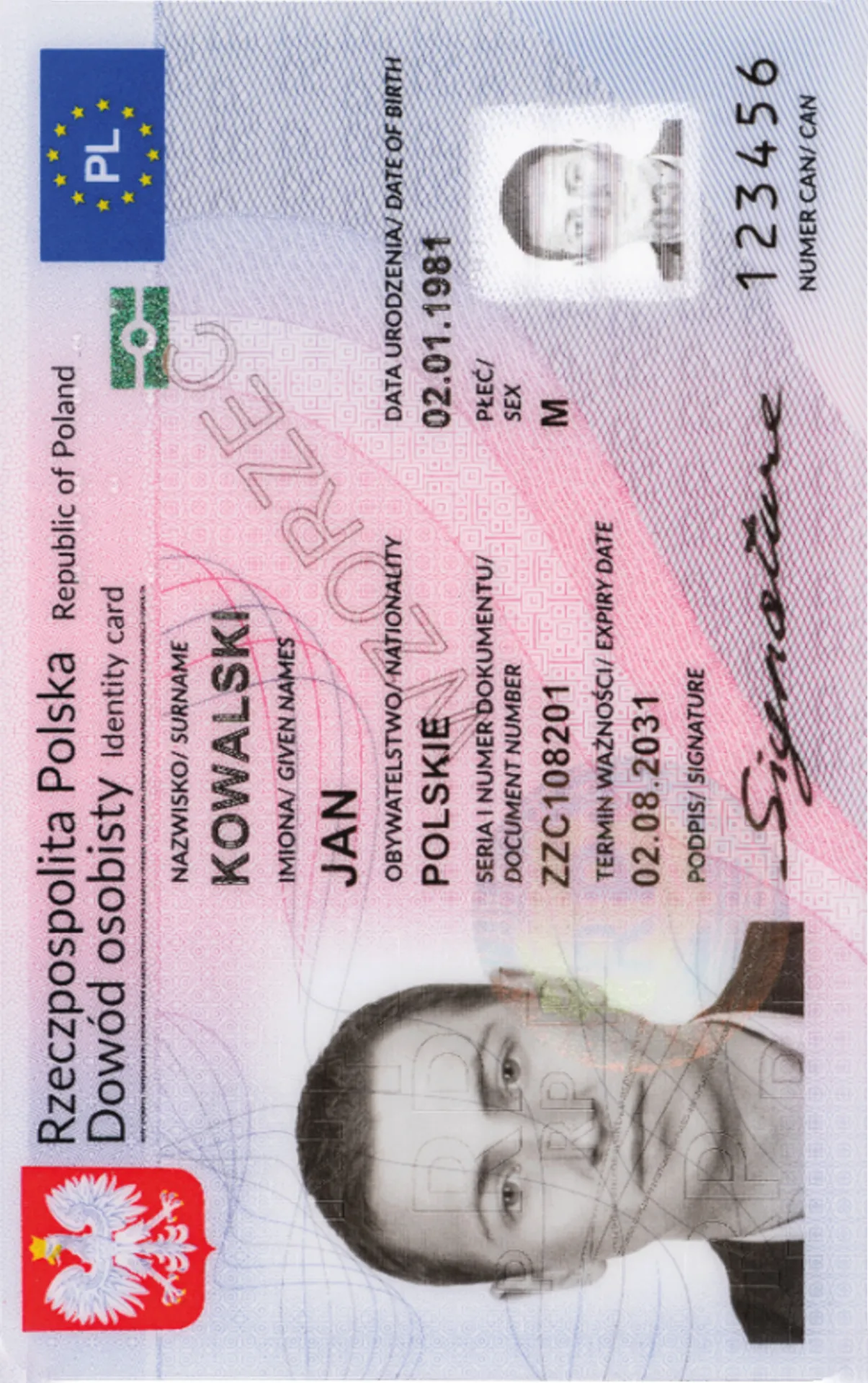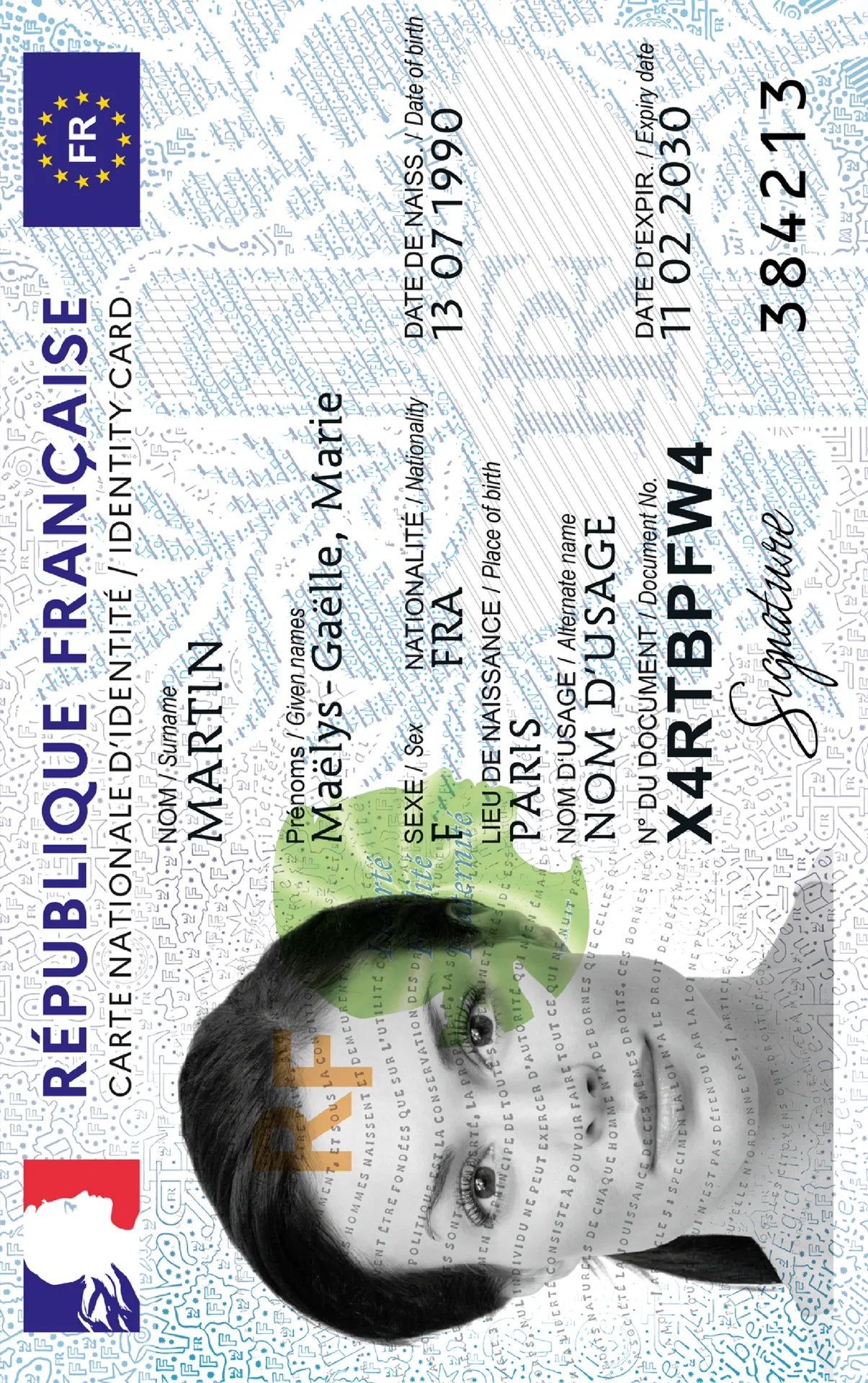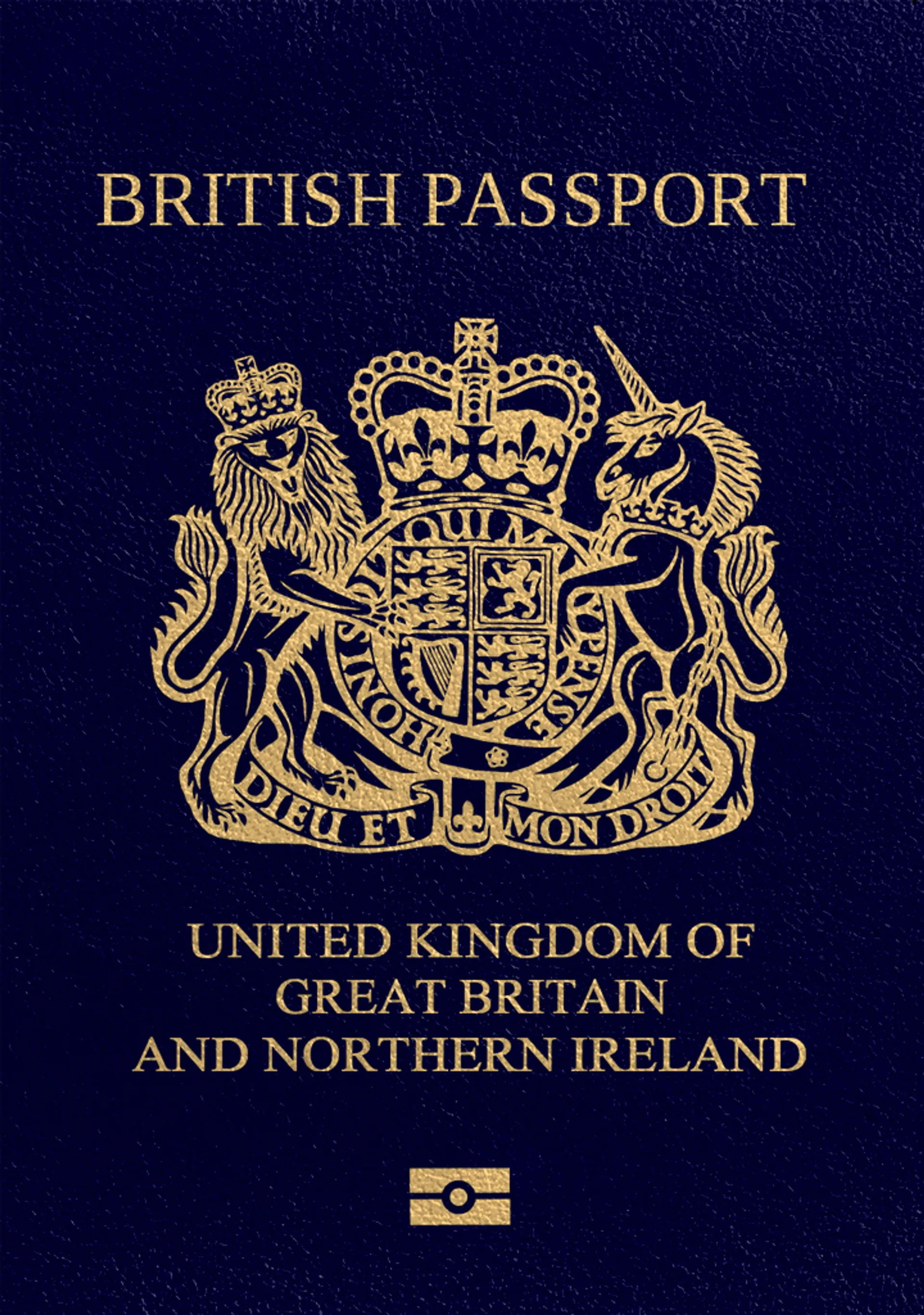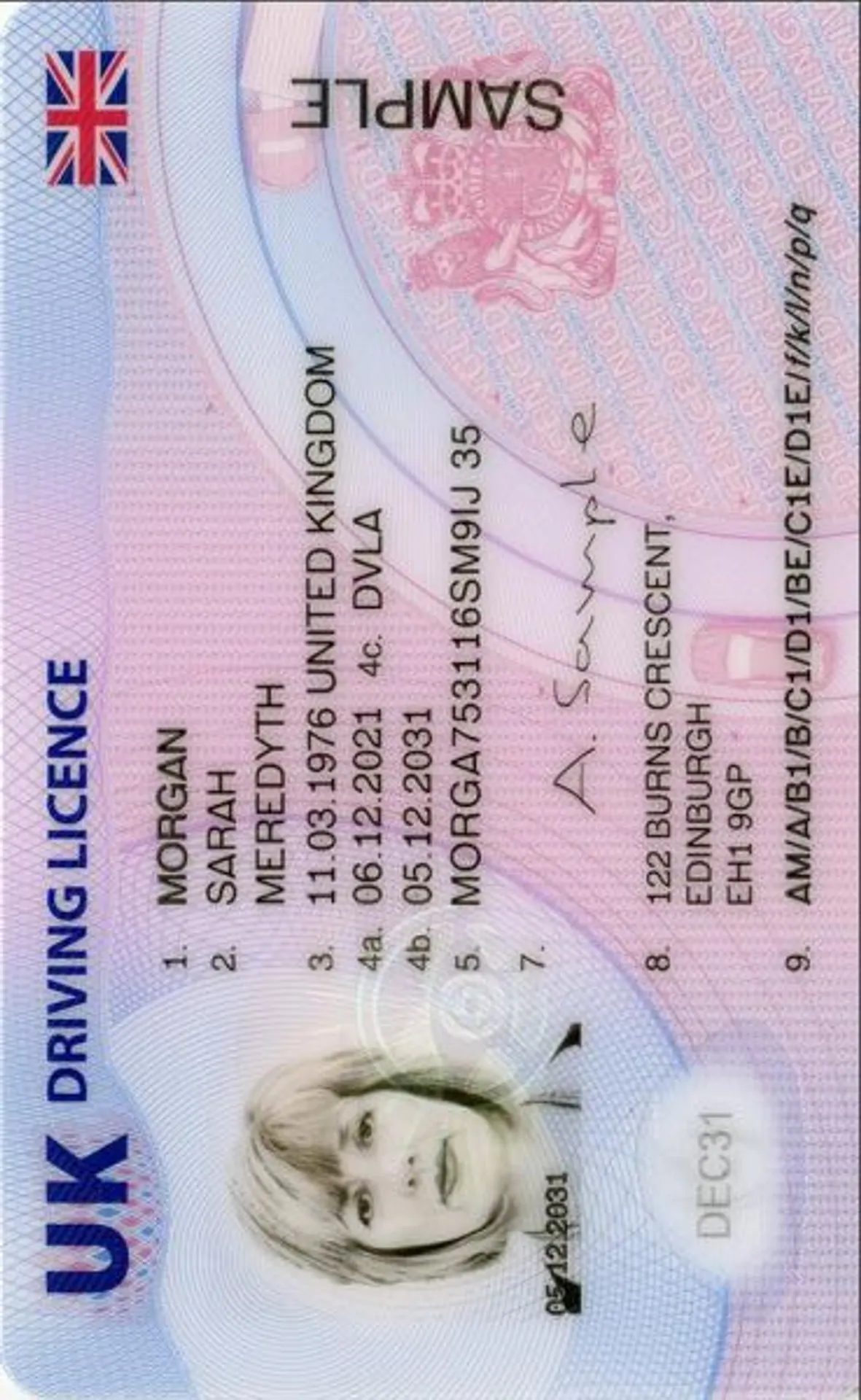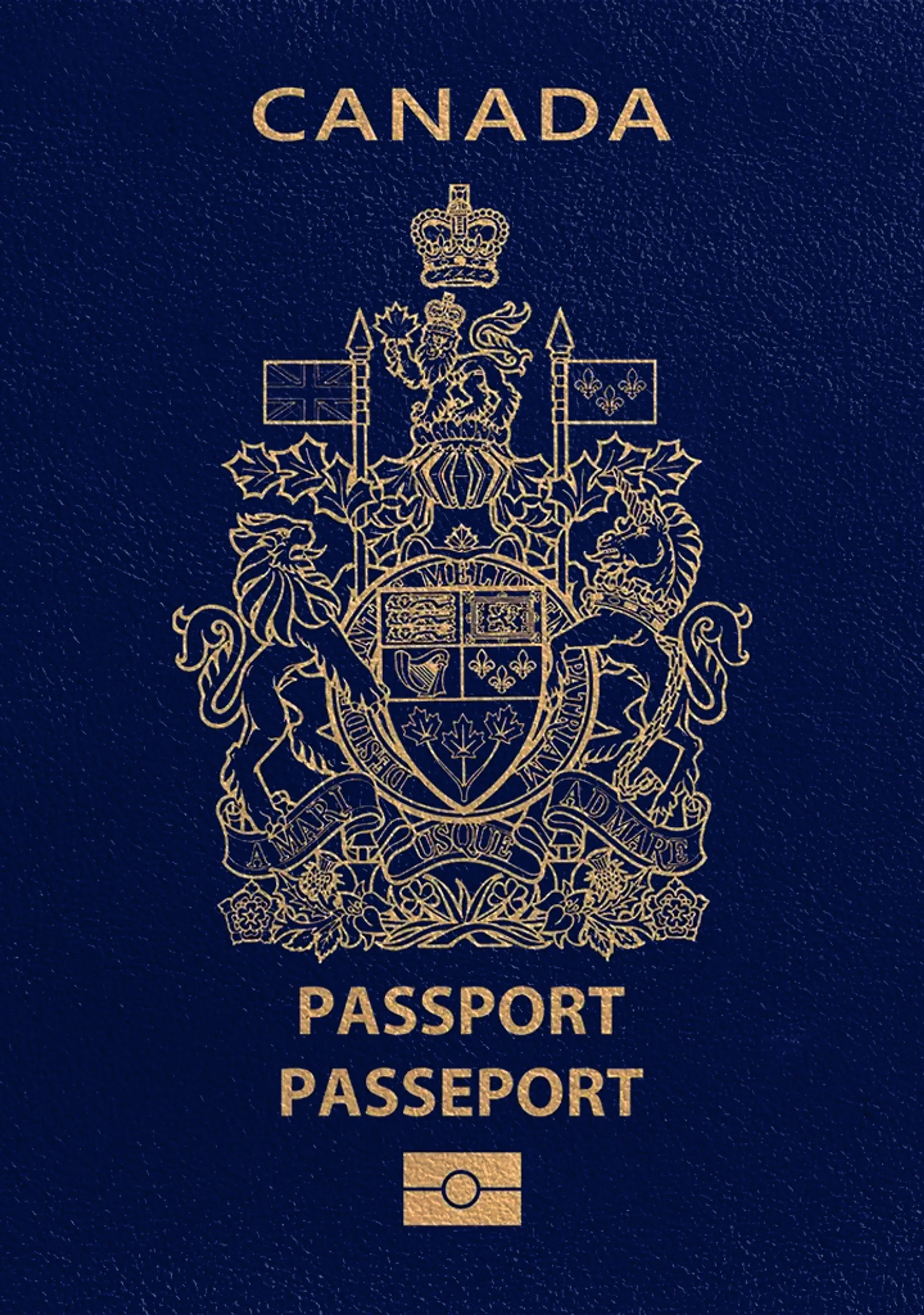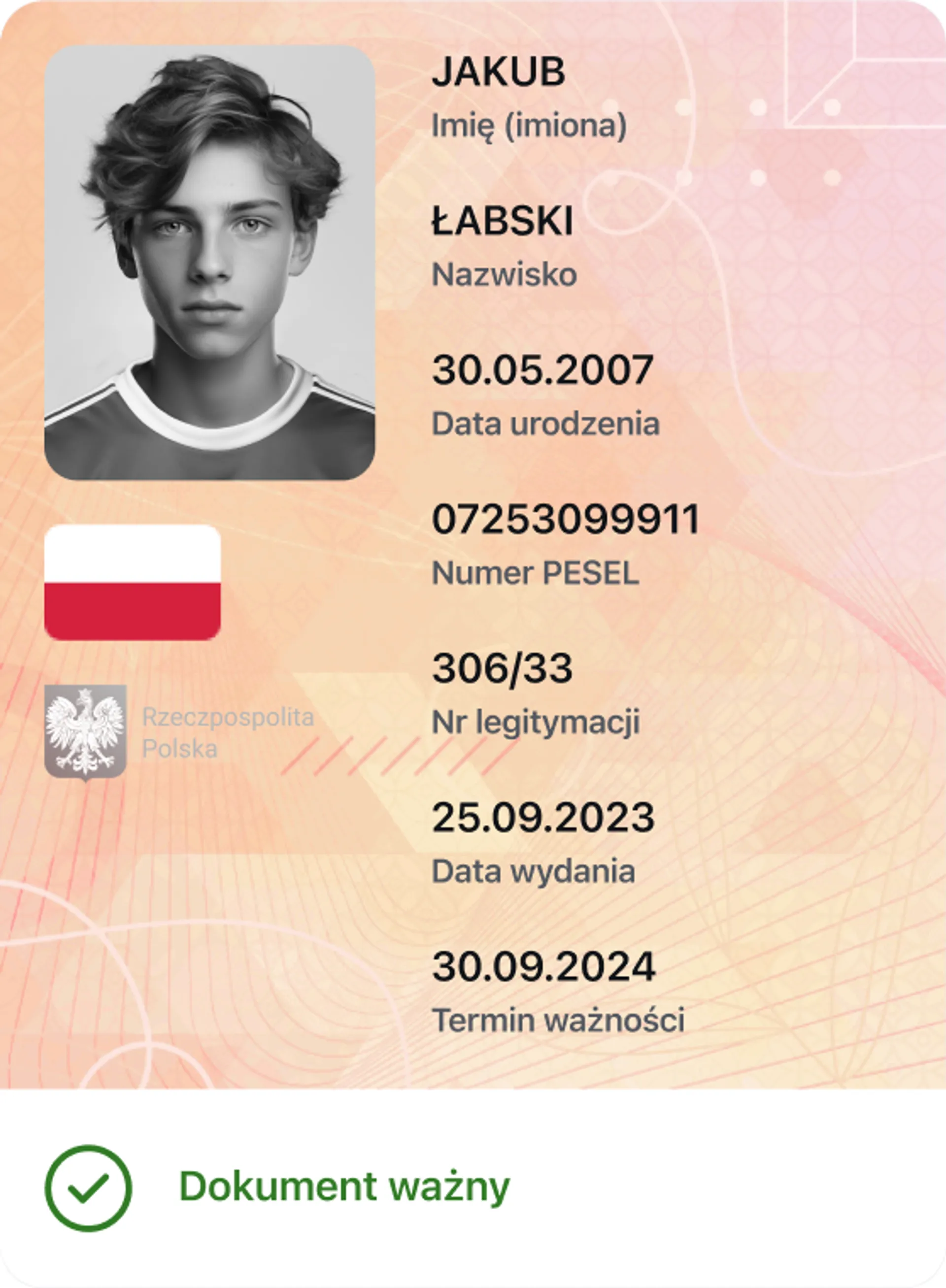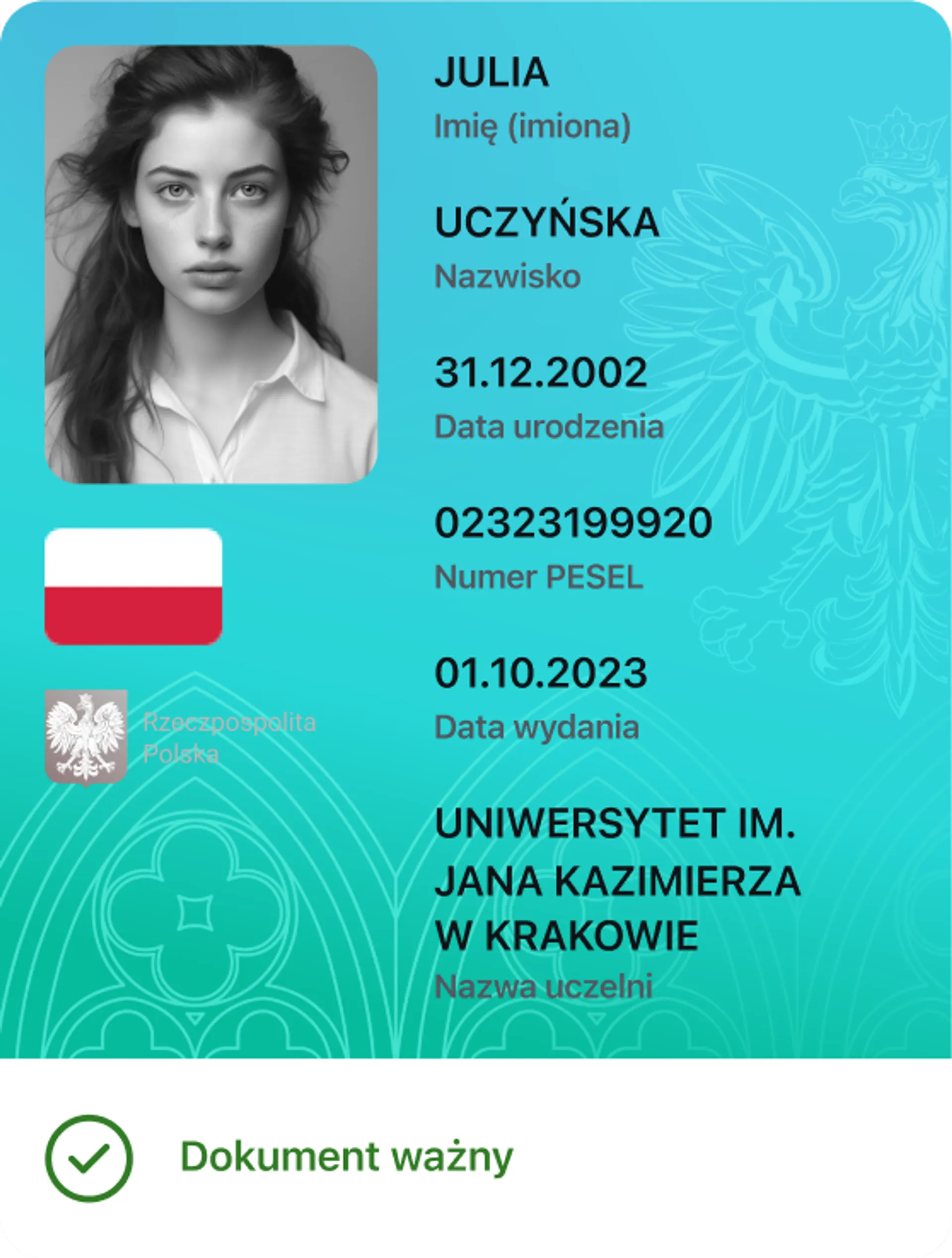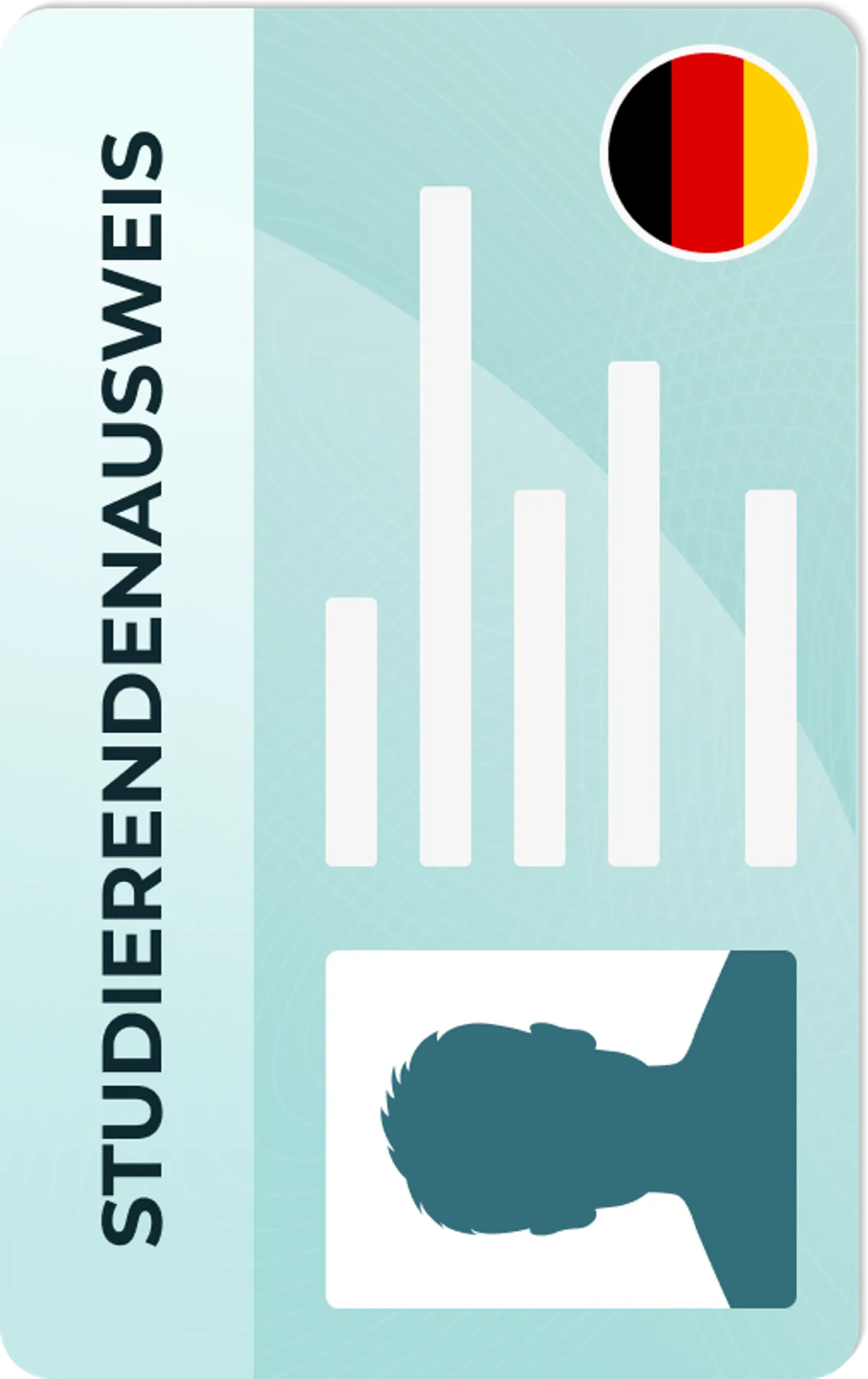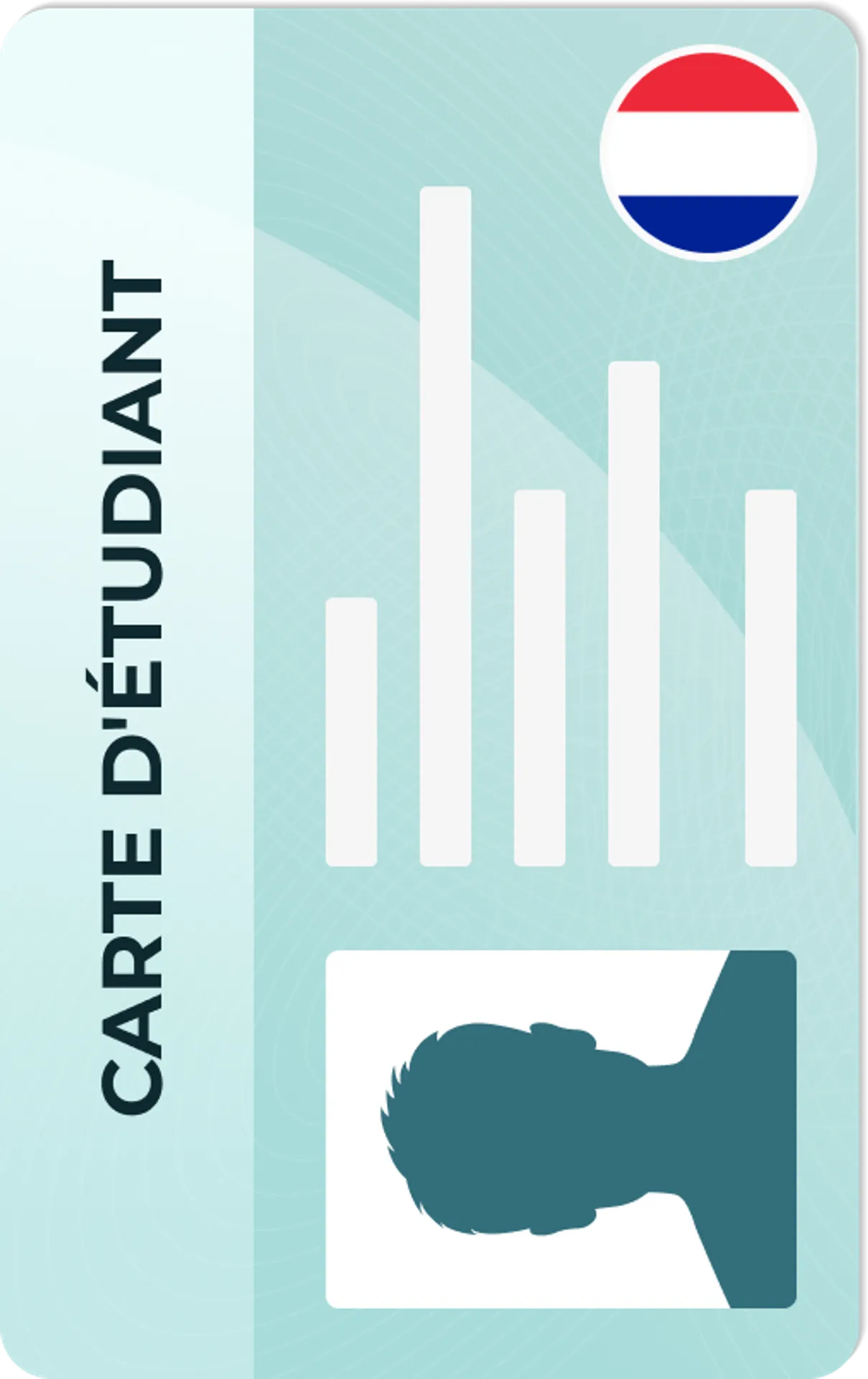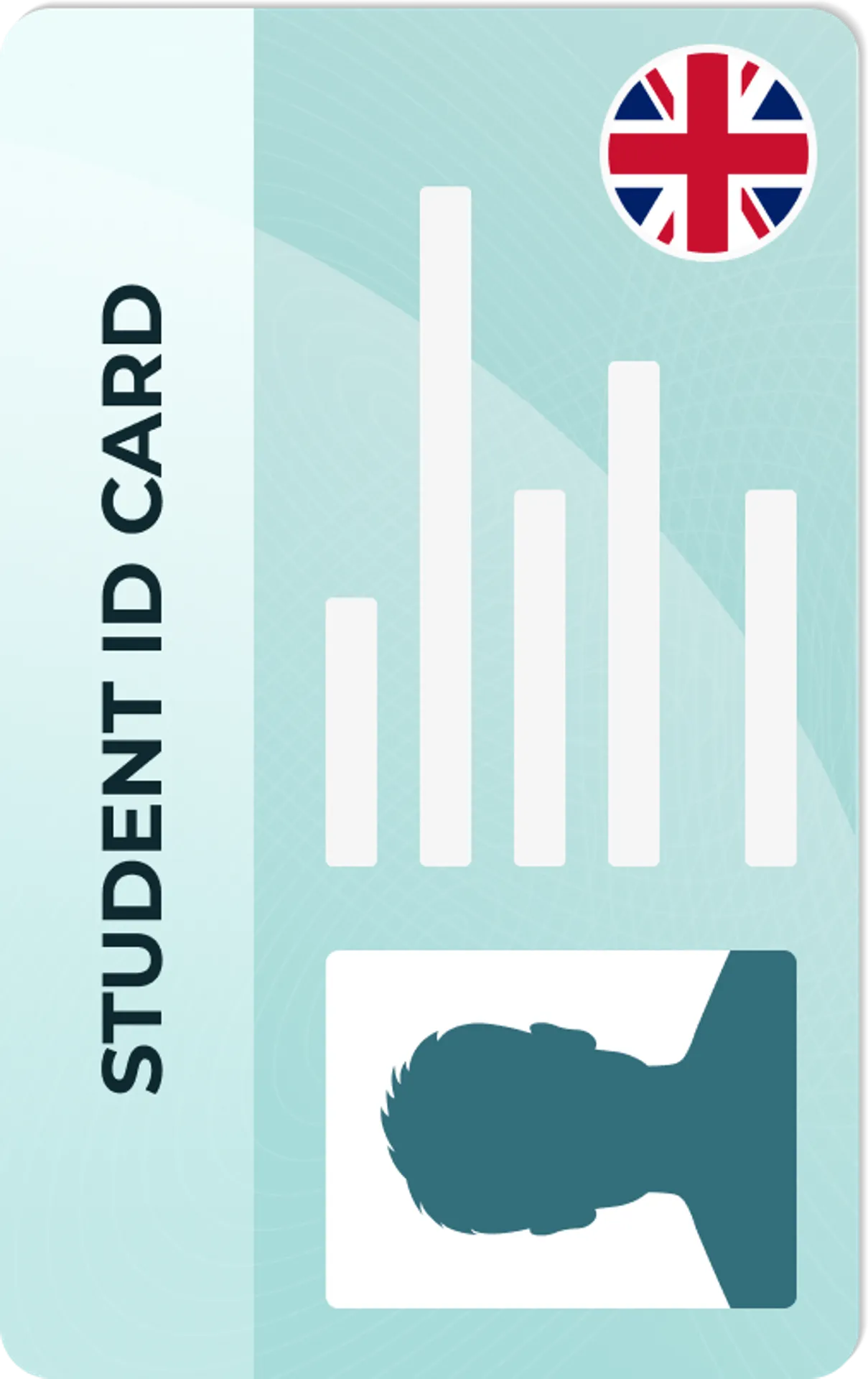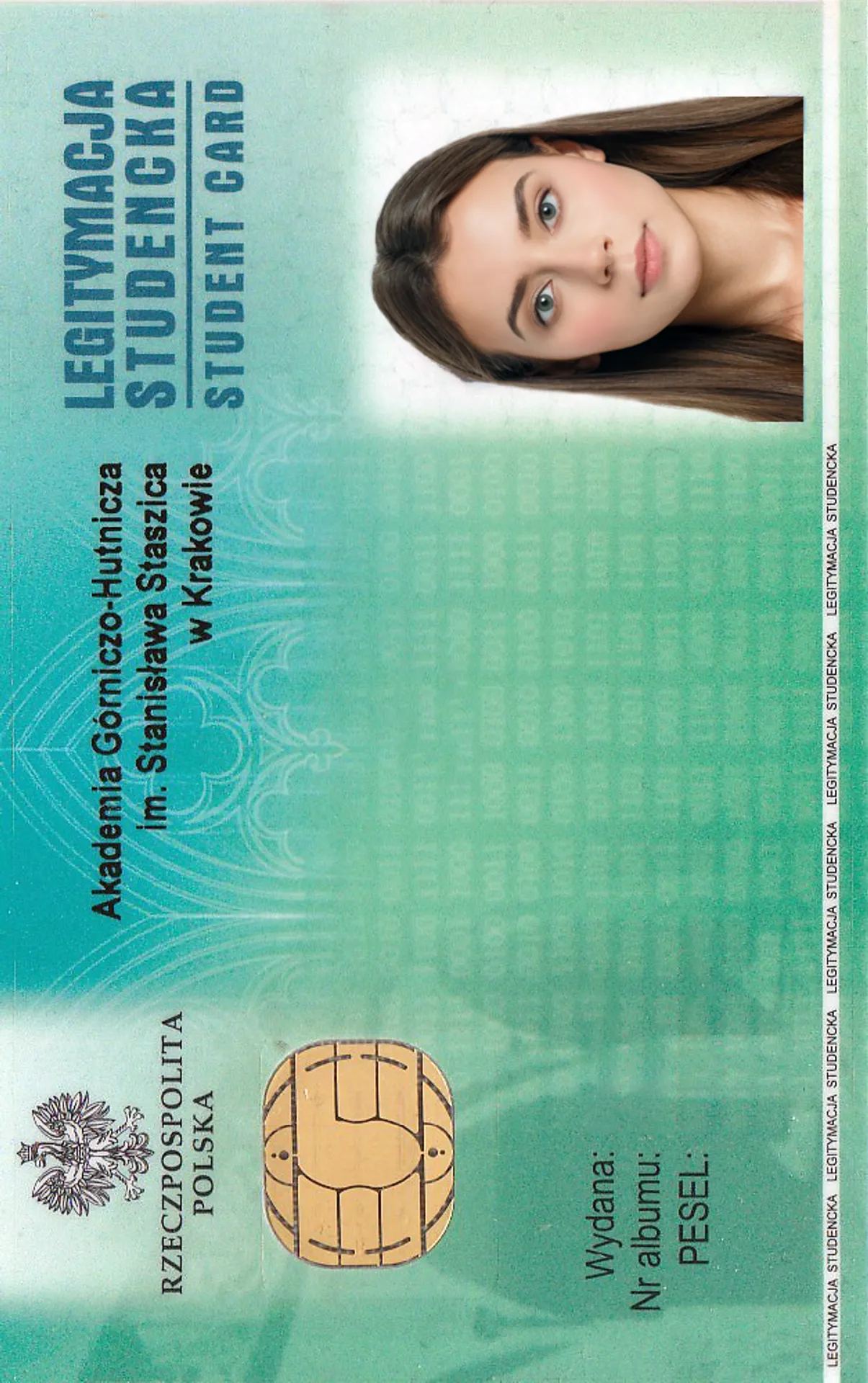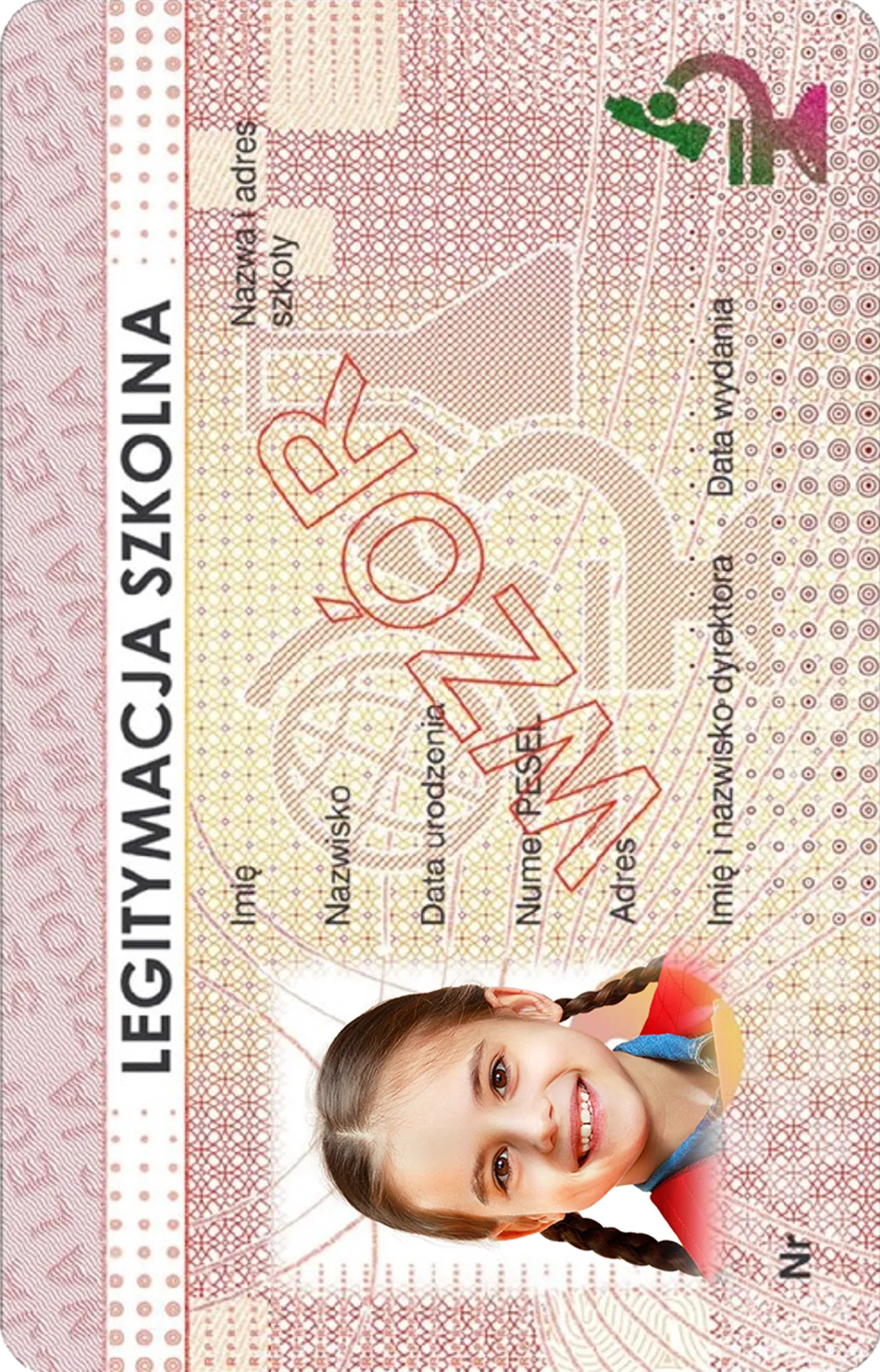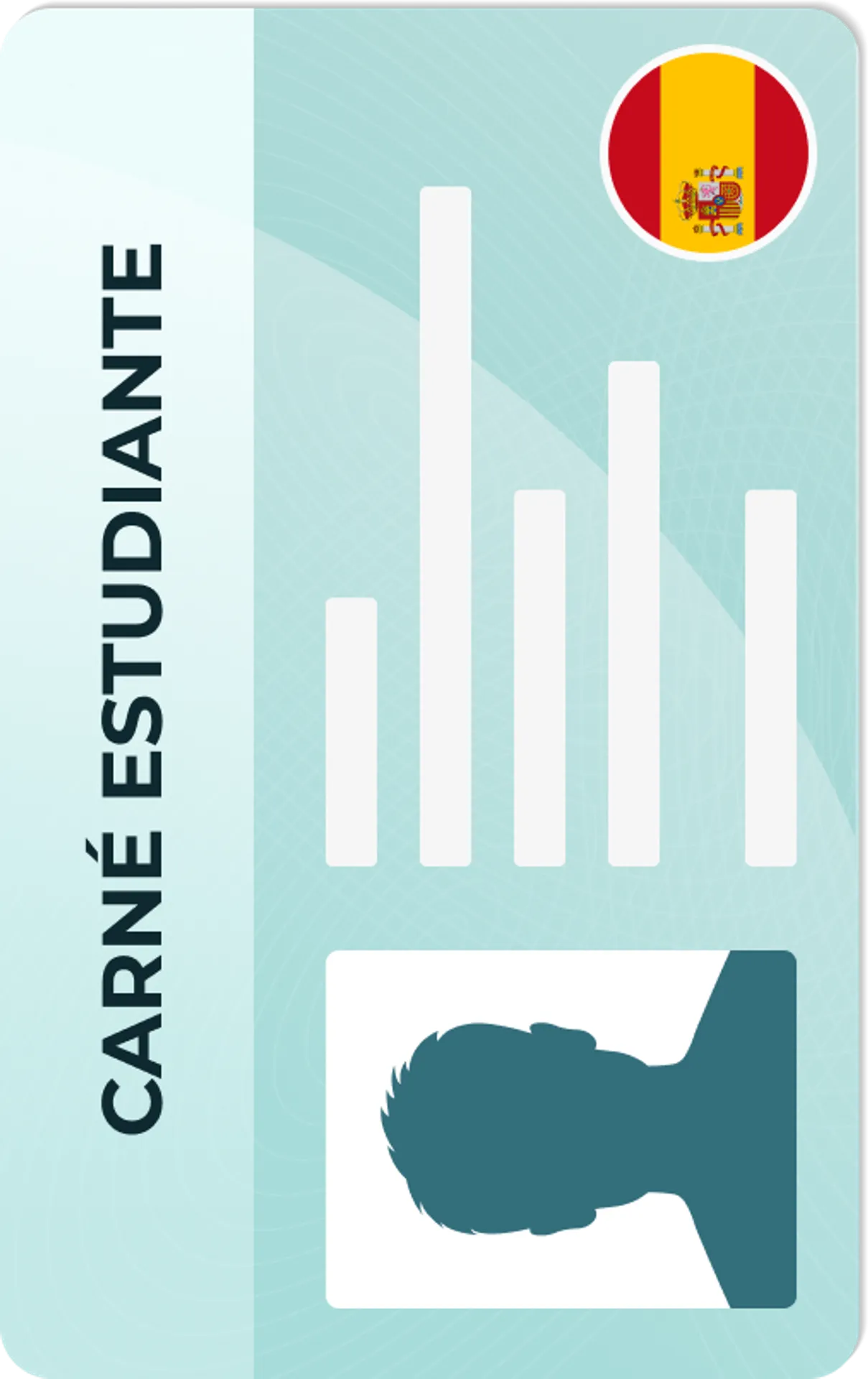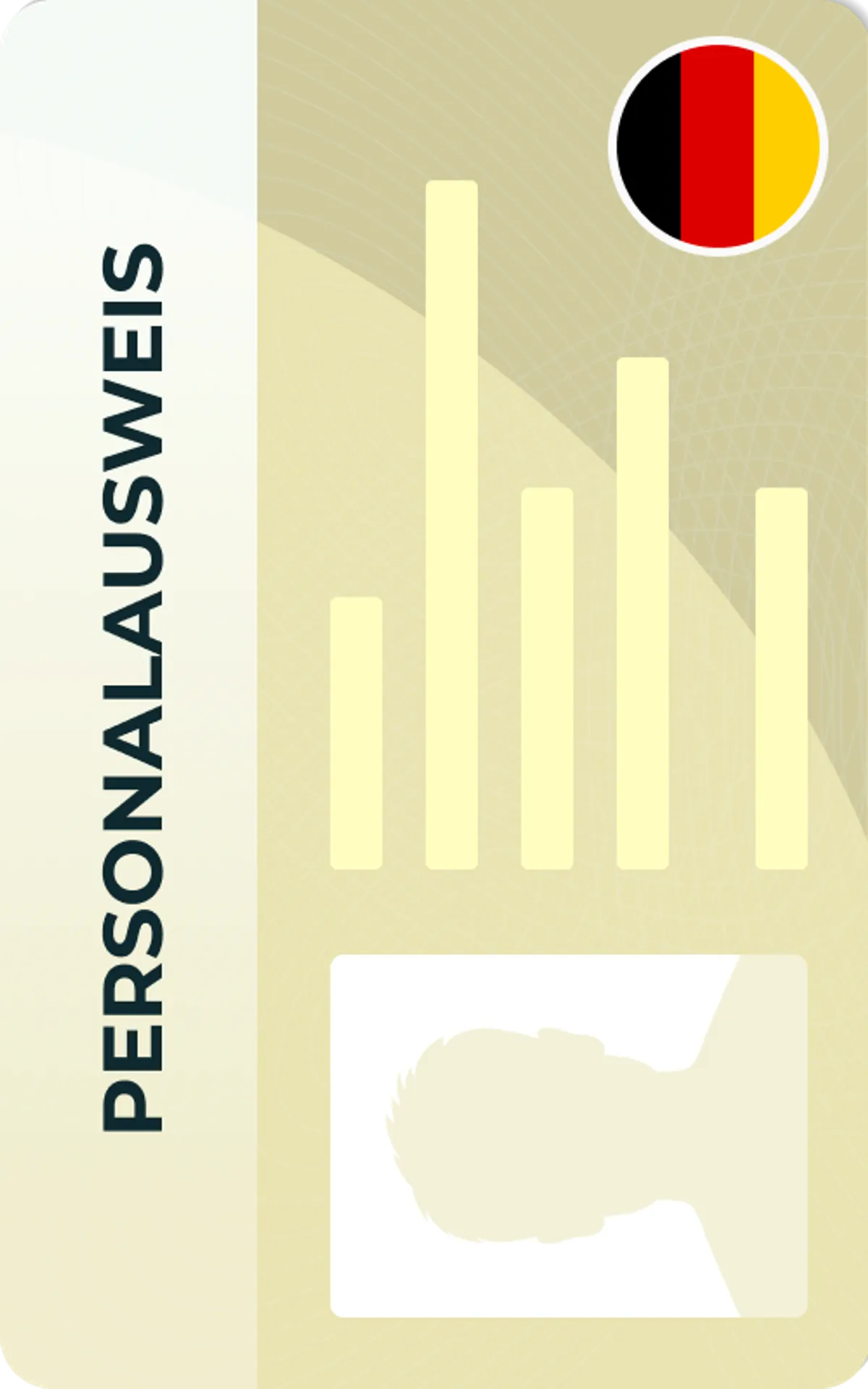Swiss Visa Photo Tool
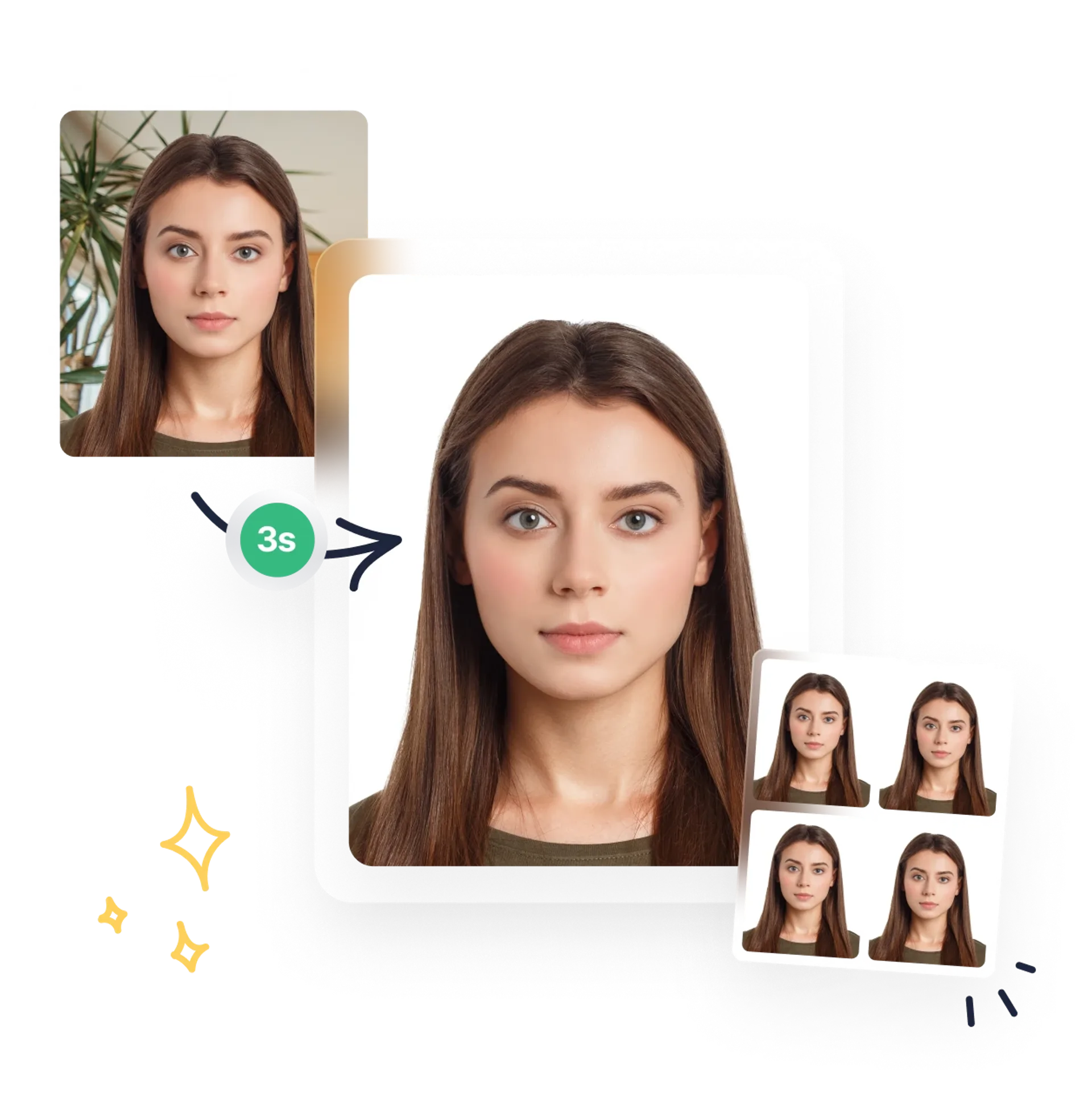
As seen in








Swiss Visa Photo - Size & Requirements

Size
Width: 35 mm
Height: 45 mm
Is it suitable for online submission?
Yes
Image definition parameters
Head height: 34.5 mm
Top of the Photo to Top of the Hair: 3 mm
Background Color
Light Gray
Resolution
600 dpi
Is it printable?
Yes
How does our photo tool work?

Take or upload photo
Take a photo or upload one from your mobile gallery. Follow our guidelines to meet all the requirements.

Get your photo verified
Let AI fine-tune your photo. Order your picture, and have it verified by an expert to ensure 100% compliance.

Enjoy your photo
Download your digital photo instantly, or have your printouts delivered to your doorstep for free!
Vule is a seasoned editor with a rich background in writing and editing, specializing in content related to passport photography. His skill lies in transforming complex information into clear, engaging narratives, making intricate topics accessible and relatable to a broad audience. With a keen eye for detail and a passion for storytelling, Vule ensures that every piece of content is not only factually accurate but also captivating and informative.
Swiss Visa
Switzerland has a unique natural beauty but do you know if you need a visa to travel to Switzerland? The type of visa you will receive varies depending on the purpose of your travel and also the duration of your visit. If you need to apply for a Swiss Schengen visa, it is useful to know the Switzerland visa photo size requirements as well. For this, we have prepared a comprehensive guide for you about the Swiss visa. The types of Swiss visas you can get to travel to Switzerland are as follows:
- Type C (Short Term) Visa
- Swiss Tourist Visa
- Swiss Business Visas and Business and Fair Visit Visas
- Swiss Family, Relative, Friend Visit Visa
- Swiss Cultural, Sports Activity, and Conference Participation Visa
- Switzerland Short-Term Study and Internship Visa
- Type D (Long Term) Visa, and Switzerland Transit Visa
- The Swiss tourist visa is considered to be a short-term Swiss visa. It covers your visit to Switzerland for touristic purposes, provided that it does not exceed ninety days within a period of 180 days. If you are traveling to Switzerland to see what it has to offer, you can apply for a Swiss visa for your travels.
Swiss Visa Types
Great! Now, you have a perfect photo for your Swiss visa application but do you know which visa type you are going to be applying for? The type of visa you will receive varies depending on the purpose of your travel and also the duration of your visit. The types of Swiss visas you can get to travel to Switzerland are as follows:
- Type C (Short Term) Visa
- Swiss Tourist Visa
- Swiss Business Visas and Business and Fair Visit Visas
- Swiss Family, Relative, Friend Visit Visa
- Swiss Cultural, Sports Activity, and Conference Participation Visa
- Switzerland Short-Term Study and Internship Visa
- Type D (Long Term) Visa
- Switzerland Transit Visa
Short Term Swiss Visa (C Type)
Although Switzerland is not included in the European Union, it is located in the Schengen area. Therefore, the Swiss visa you will receive to travel to Switzerland is considered a Schengen visa. When you apply for a short-term Swiss visa, you apply to travel in Switzerland and the Schengen area for 90 days within a period of 180 days. Since this visa is also called the C type visa, it requires you to exit the Schengen area after 90 days.
You should carefully follow the visa duration dates in your passport. Do you know if you are required to obtain a Swiss visa according to the color of your passport? As of 2021, Green (special), gray, and black passport holders are not required to obtain a visa for short-term trips to Switzerland for less than 90 days. However, if you are a third-world country citizen holding a burgundy passport, you may have to apply for a Swiss visa.
Swiss Tourist Visa
The Swiss tourist visa is also considered to be a short-term Swiss visa. It covers your visit to Switzerland for touristic purposes, provided that it does not exceed ninety days within a period of 180 days. For this purpose, you must apply for a Swiss visa for your travels.
Swiss Business Visa
The Swiss business visa is also considered to be a short-term Swiss visa. It covers your visit to Switzerland for business purposes, provided that it does not exceed ninety days within a period of 180 days. You must apply for a Swiss visa when traveling for business purposes such as business and trade fairs.
In addition, when applying for a Switzerland business visa, you must also present an invitation letter sent to you by an official or private institution in Switzerland. If you are going to participate in an organization it is also important that you prove your business activity with proof such as a ticket.
Swiss Family, Relative, Friend Visitation Visa
If you are going to Switzerland to visit your family, relatives, or friends, you can apply for this visa type. As with other short-term Swiss visa types, you can travel in the Schengen area, provided that it does not exceed ninety days within a 180-day period. However, the difference of this visa type from other short-term Swiss visas is that you need to submit an invitation sent by your relatives to visit along with the Swiss visa application form.
Swiss Cultural, Sports Activity Visa
You can obtain a Swiss cultural and sports activity visa for travels that do not exceed ninety days that you plan to do for cultural and sporting purposes. Thus, you can participate in conferences, seminars, or sports events within Switzerland. Again, in order to apply for this type of visa, you must submit proof of the activity you will participate in.
Switzerland Short-Term Study and Internship Visa
If you want to travel to Switzerland for an internship or for a study of fewer than three months, you can apply for a Swiss short-term study and internship visa. When you apply for this visa type, you cannot stay in Switzerland for more than ninety days. If your internship or training will last for more than ninety days, you must apply for a D-type long-term Swiss visa.
Finally, if the person to be educated is not over the age of 18, it is obligatory to present a travel permit certified by their parents along with the birth certificate.
Long Term Swiss Visa (D Type)
For travels longer than 3 months, you are going to need to apply for a long-term Swiss visa, which is also called a D-type Swiss visa.
Before you make an appointment for a Swiss visa, decide for which purpose you will be applying for the D type visa you will be applying for and then collect the supporting documents for your application. If you are going to apply for a long-term Swiss visa for educational purposes, you must submit the acceptance letter you received from your school in your visa application.
If you want to work in Switzerland and are applying for a Swiss work visa for this purpose, you must add the letter of acceptance from the institution you will work with and the invitation to your D type visa application. Depending on your travel purpose, you can get information on your Swiss visa application status and all the documents you need to submit through the Swiss visa application center.
Switzerland Transit Visa
If you have a transferring flight to any country that is not within the borders of the Schengen zone and your transfer is via Switzerland, you may need to apply for a Swiss transit visa. Thanks to this visa, which has an easy application process, you can transfer to your destination country via Switzerland, provided that you do not leave the airport.
Swiss visa application requirements
Swiss visa requirements can be quite challenging. Therefore, it is useful to know the general rules of the visa type you are applying for. Also, you should apply for a Swiss visa at least two weeks in advance.
First, contact the Swiss visa application center to find out what documents you need to submit. Then check your passport's validity period and if it has at least two blank pages. Since your passport must have been issued within the last ten years, also check the date you issued the passport is valid or not. It is useful to check all your documents several times, as there may be problems in the submission of a missing or incorrect document in Switzerland visa applications. Finally, make sure to apply early, just in case.
Required Documents for a Swiss visa application
For Switzerland visa procedures, a Swiss visa application form is required to be completed first and signed by the person traveling. However, if the applicant is under the age of 18, his / her parents or legal guardian must also sign this form.
In addition to the Swiss visa application form, you may be asked to provide the following documents:
- A passport not older than ten years, with a minimum validity of 3 months to cover your return date and 2 blank pages
- Your old passports (if any)
- Two biometric photos in appropriate sizes
- Certificate of identity register copy
- Photocopy of identity card
- Certificate of residence
- Letter of Consent (Only for individuals under the age of 18)
- Bank passbook with a minimum balance of 5.000 TL for the last 3 months
- Documents proving transportation and accommodation information
- Insurance policy
- Land registry and vehicle license photocopies
- An invitation letter if your application requires a visa
- Document signed by the employer showing that he/she is on leave during the travel (for employees)
- SSI recruitment declaration (for employees)
- SSI service breakdown (for employees)
- Payroll for the last 3 months (for employees and government officials)
- Work certificate and an official permit obtained from the affiliated institution (for government officials)
- Tax plate, signature circular, chamber of commerce registry gazette or activity document of the company worked for (For employees and company owners)
- Documents such as title deed, vehicle license showing the real estate belonging to the company (For company owners)
- Bank account movements and bank card photocopy where the pension is paid (for retirees)
- Personal petition addressing the Consulate of Switzerland explaining the purpose of travel (for retirees)
- Student certificate with signature (for students)
- Sponsor documents (for students, housewives, and unemployed)
Last but not least, another issue that especially concerns students and non-working people is the visa sponsor petition. When applying for a Swiss visa, if you do not have sufficient financial income and your expenses will be covered by a sponsor, you must prove this in your application. Receiving scholarships for students in exchange programs will be a sufficient financial resource for a Swiss visa.
Swiss visa fee
The Swiss visa fee consists of three parts: consular fee, biometric processing fee, and visa center consultancy service fee.
As of 2021, the Swiss visa application fees are as follows:
- Consular fee: 80 Euros
- Biometric transaction fee: 15 Euros
- Consultancy service fee: 45 Euros (Short term applications), 150 Euros (Long term applications)
- 6-12 age consular fee: 40 Euros
- There is no consular fee for 0-6 year-olds.
Swiss visa appointment and tracking visa process
The first thing you need to do when applying for a Swiss visa is to fill in an online form and make a Swiss visa appointment. Then, prepare and submit the documents you have collected according to your travel purpose in the Swiss visa interview you attended two weeks before the day of travel. You can follow your Swiss visa status online via IDATA. Although it varies depending on the application load and the period you apply for the Swiss Schengen visa, the short-term Swiss C type visa application process takes 7 working days.
However, it is useful to apply as early as possible in case the consulate requests an extra document from you through the Swiss visa application center or you encounter a visa rejection. While in Switzerland as well as other important issues is to do a visa application, taking into account public holidays in your country. Your Swiss visa process may take longer, as the consulates will be closed during the holidays of both countries. Unlike the short-term C-type visa, D-type long-term Swiss visa applications can take up to 2 weeks.
Last update: 07/15/2021
Sources:
https://www.eda.admin.ch/countries/usa/en/home/visa.html
How to prepare yourself?
Distance from the camera
Take the photo from a distance of about 20 inches from your face. Ideally, the photo should be taken by another person.
Face in front of the camera
Place your face in front of the lens and keep a neutral expression on your face. Hold the camera at face height.
Even lighting
Just stand facing a light source such as an exposed window. Don't worry about the background.
Documents
We provide photos for IDs from all over the world. You’ll find the one you are looking for!

Popular Documents
Popular Documents Around the World
Related documents

FAQ

You must take your Swiss visa photo on a white background.
All Swiss visa photo requirements are the same. If you are applying for a Swiss business visa, you should follow the general Swiss visa photo requirements.
Even if you meet the Swiss visa photo requirements, you should pay attention to details. You should not be smiling in Swiss visa photo and also your face must be visible.
You can easily get your Swiss visa photo online by using your web browser or our mobile application. You will be getting your Swiss visa photo in no time!
Your Swiss visa photo must be taken on a white background, and the size should be 35 mm X 45 mm. Your head size should be 31-36 mm. Also, 70-80% of the photo should cover your head. Your face must be well lit.
You should take your Swiss Schengen visa photo on a white background. The required dimensions are 35 mm X 45 mm. Also, your head size is required to be 31-36 mm in the photo. Your face must not be covered by any object. 70-80% of the photo should include your head. Your face is required to be well lit.
Swiss visa specifications depend on the type of Swiss visa you are applying for. In general, both short-stay and long-stay Swiss visas have some common specifications such as a Swiss visa photo.
The required dimensions for a Swiss visa are 35 mm X 45 mm.

Are You Satisfied With Our Service?
Let us know how we’re doing.
Customer feedback is always welcome.
Rate Your Reading Experience:





Rating: 4.77/5
Number of votes: 155












